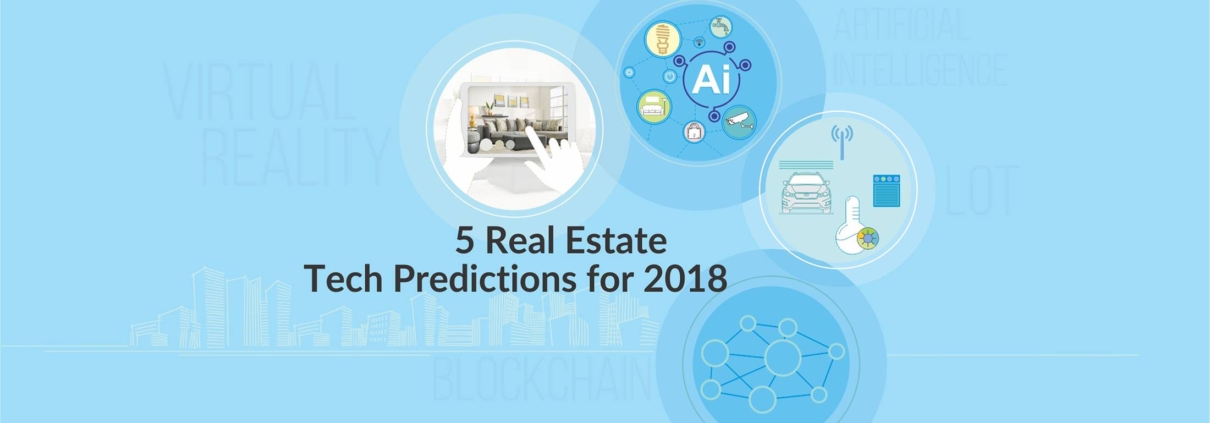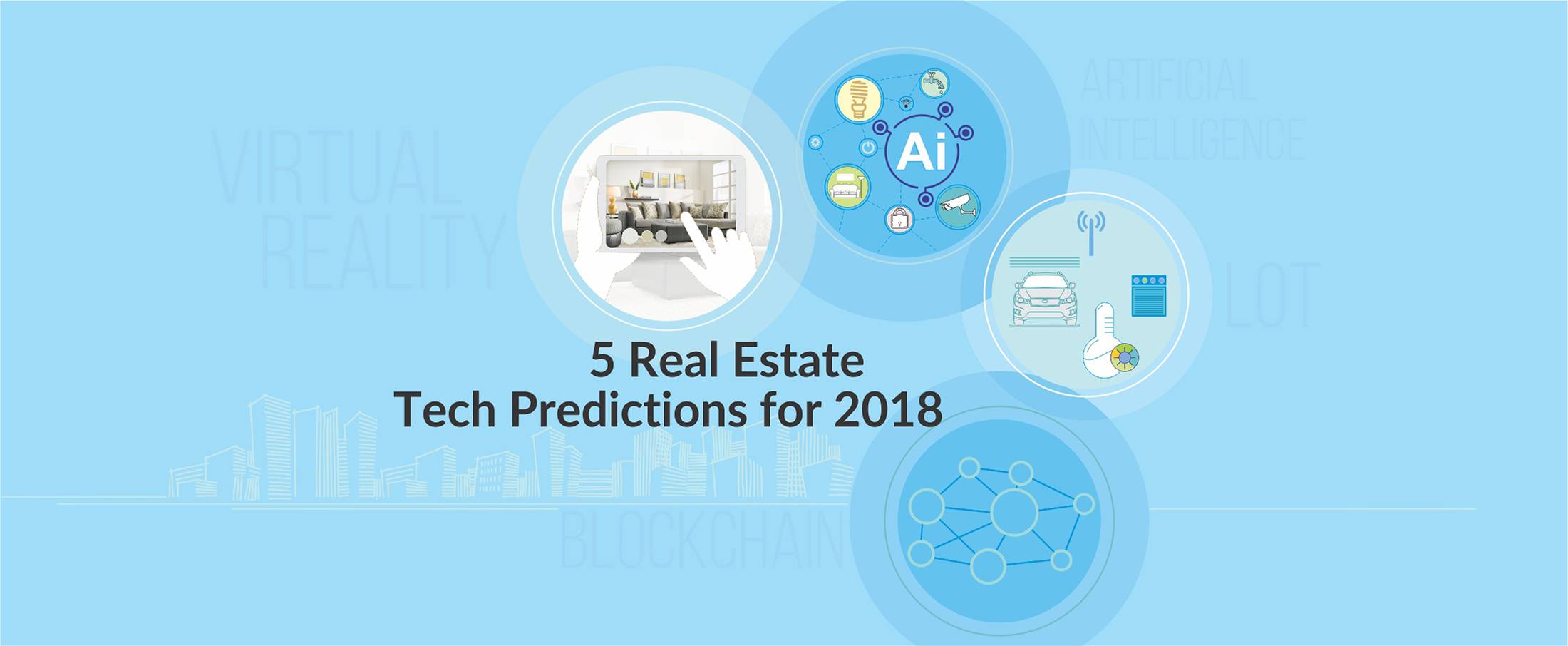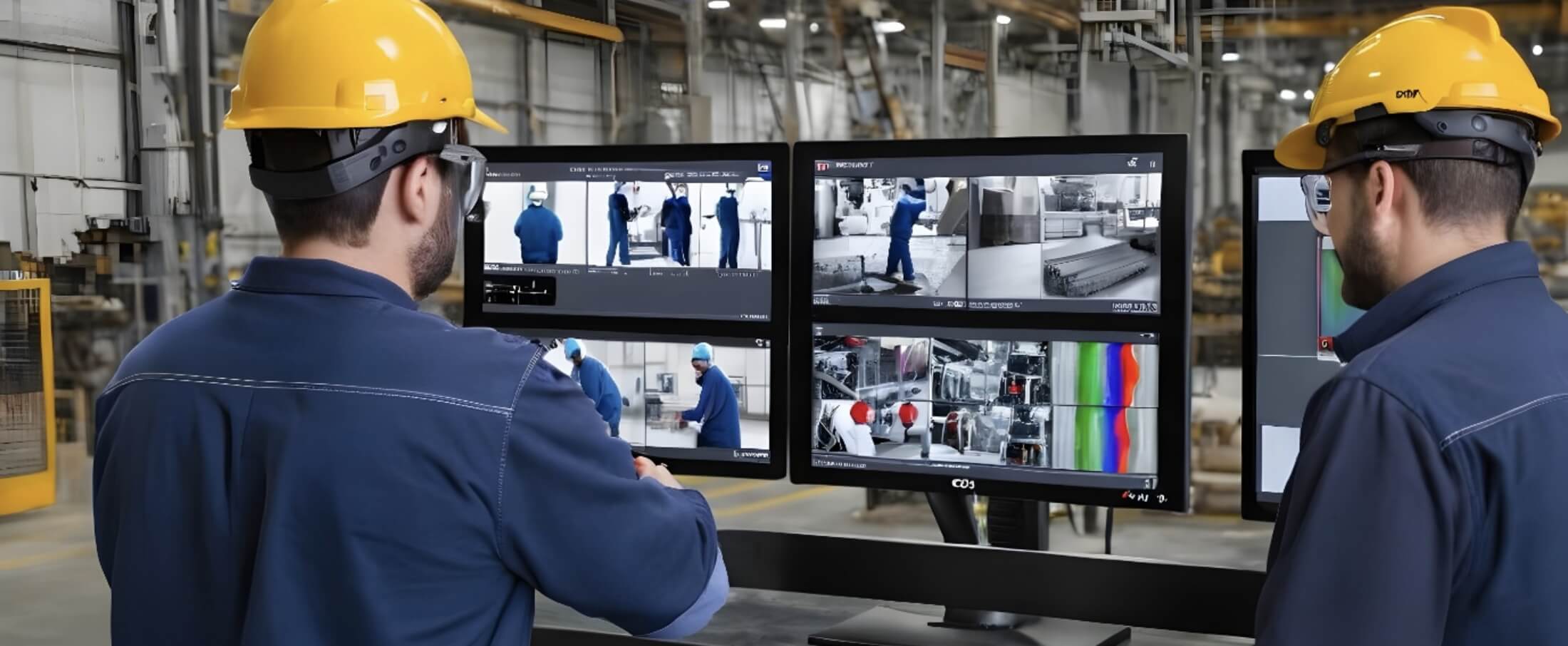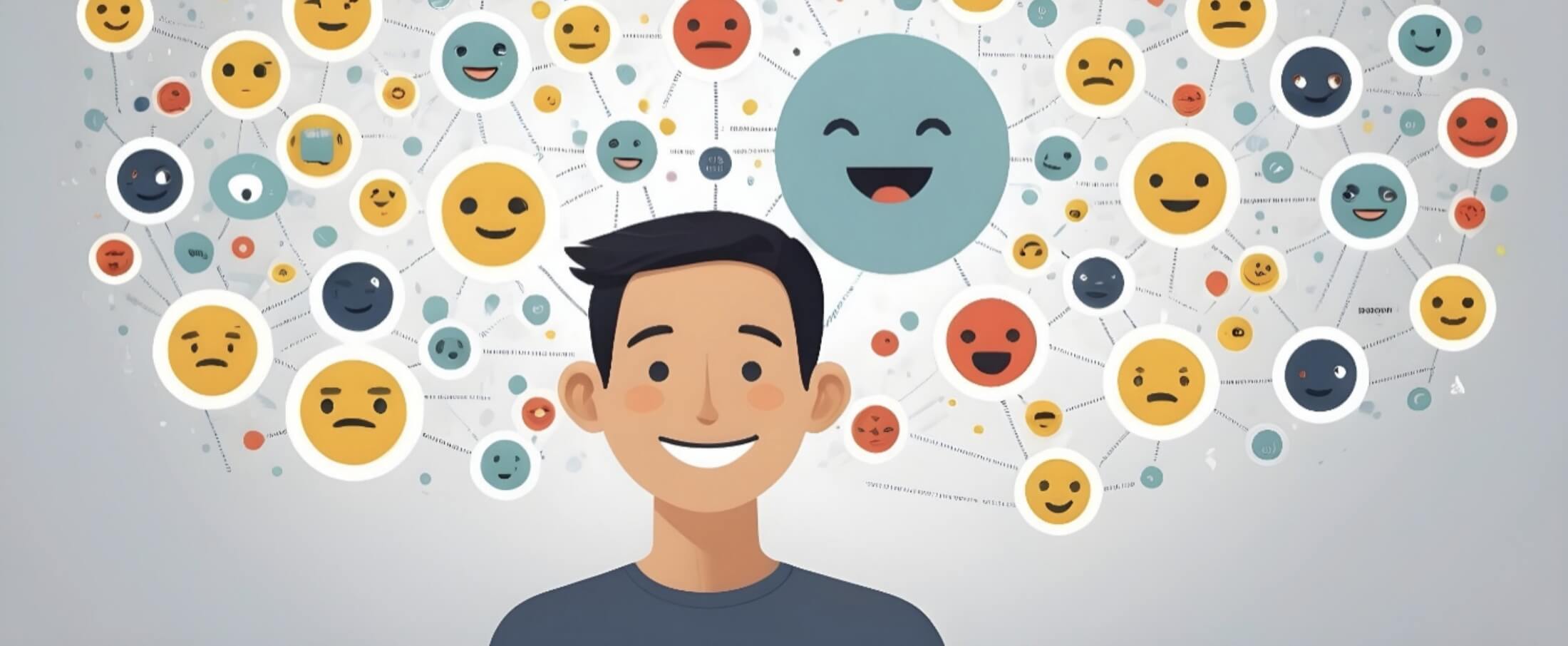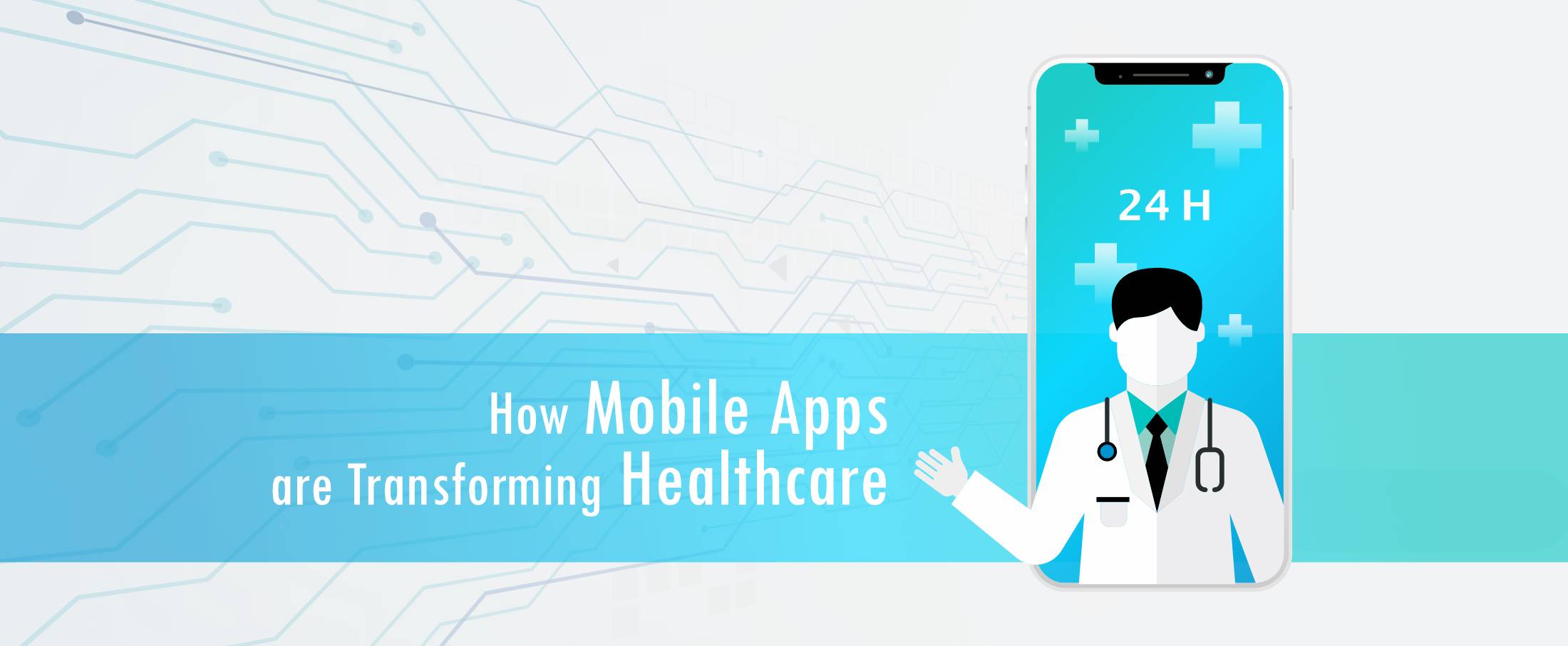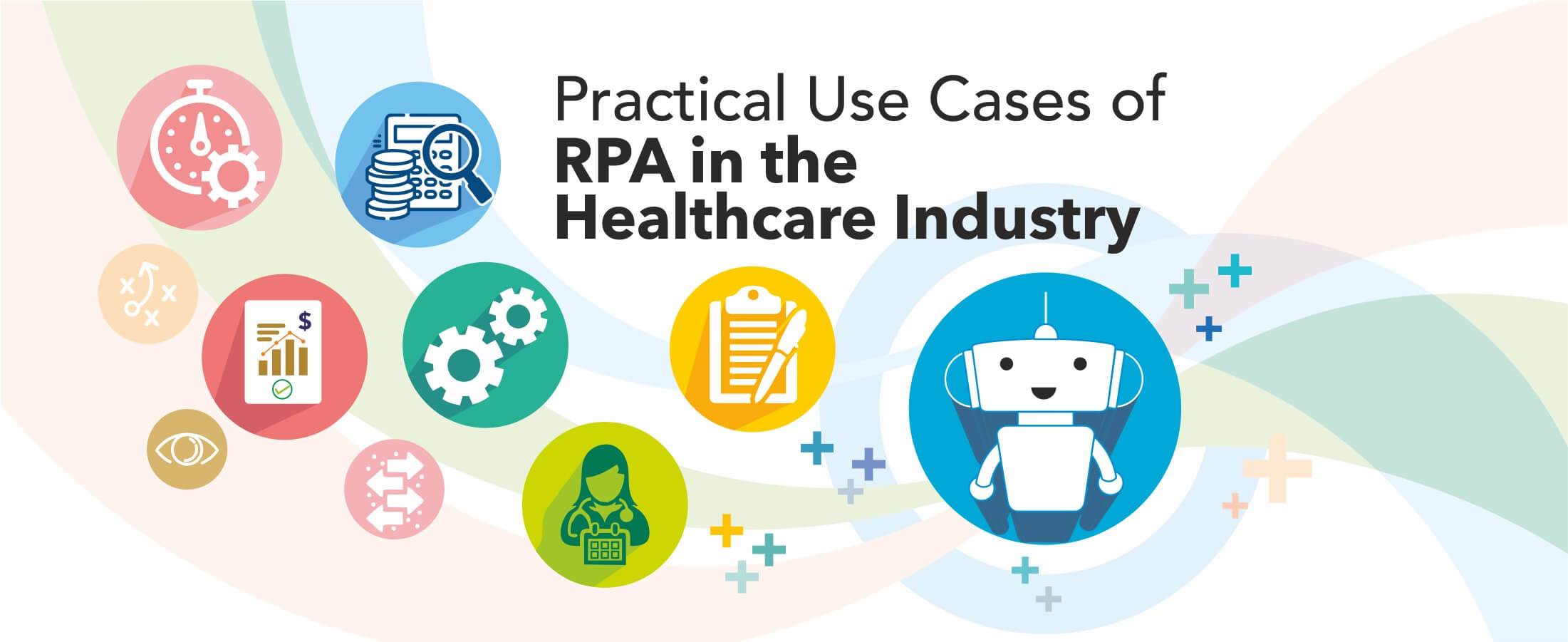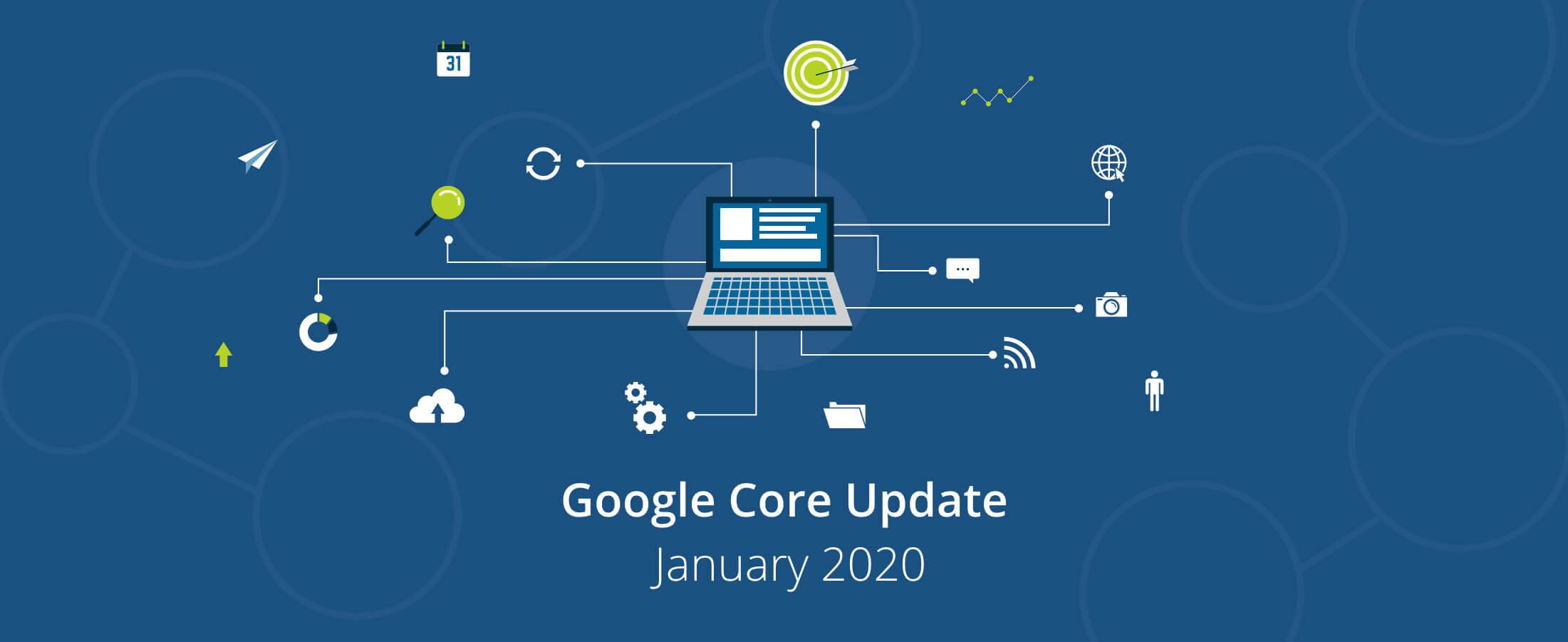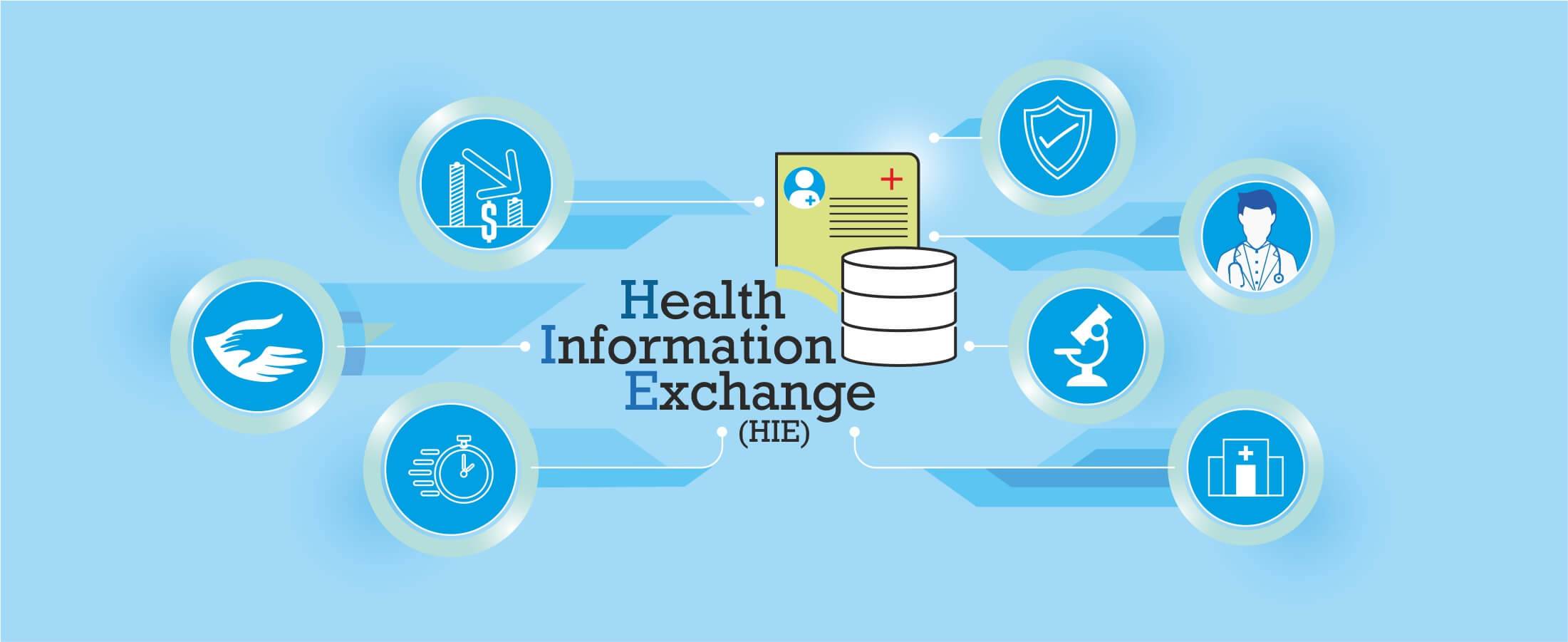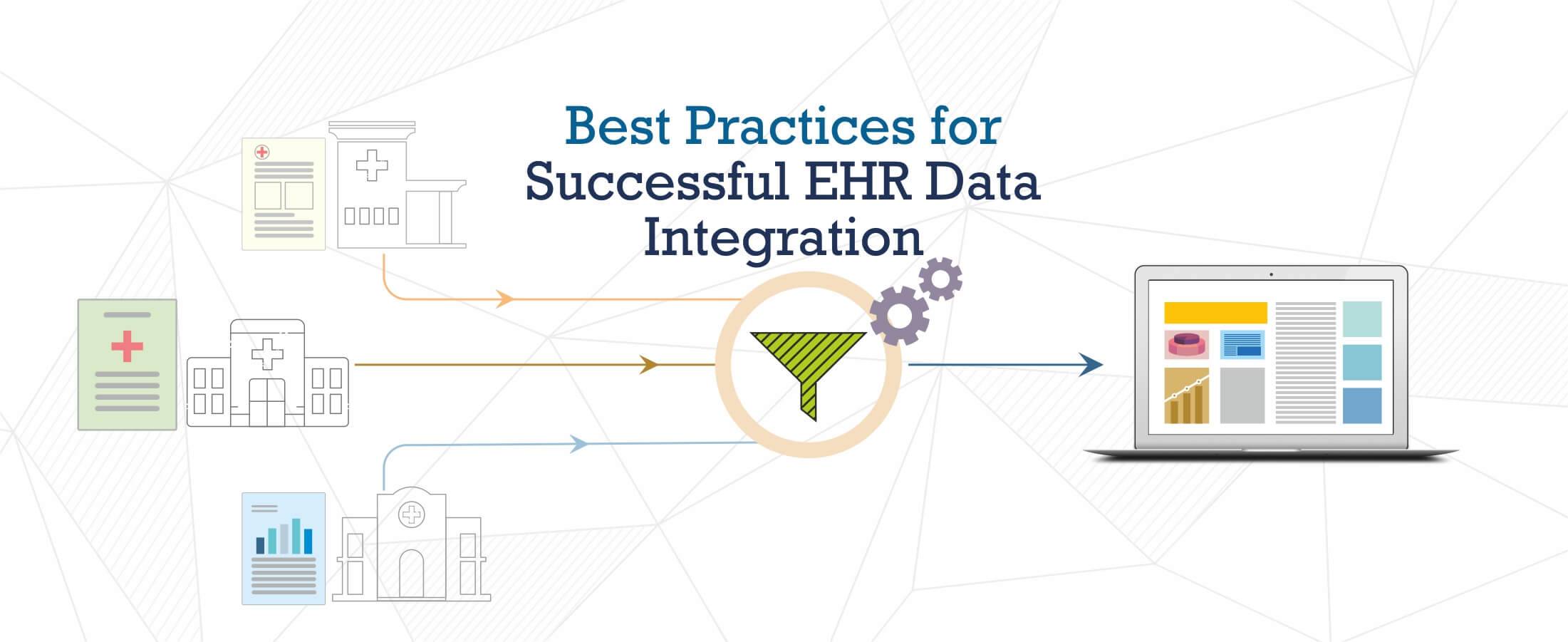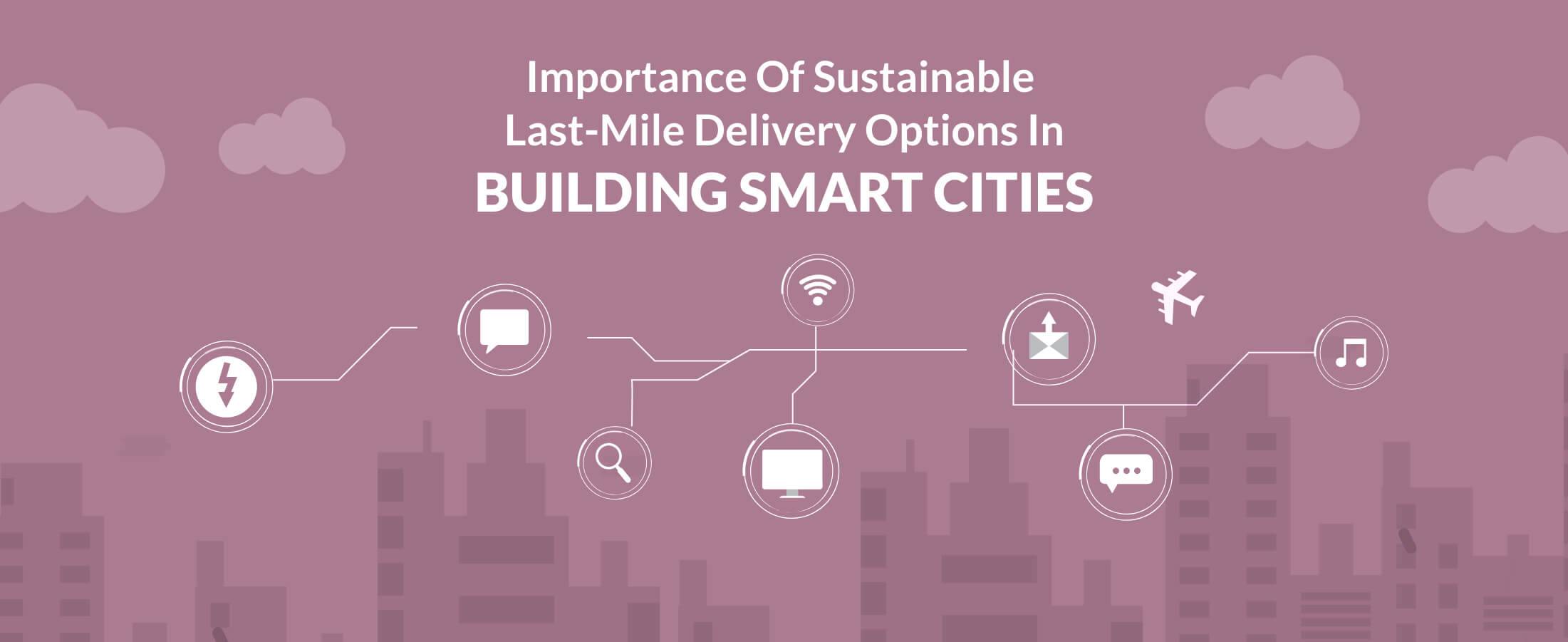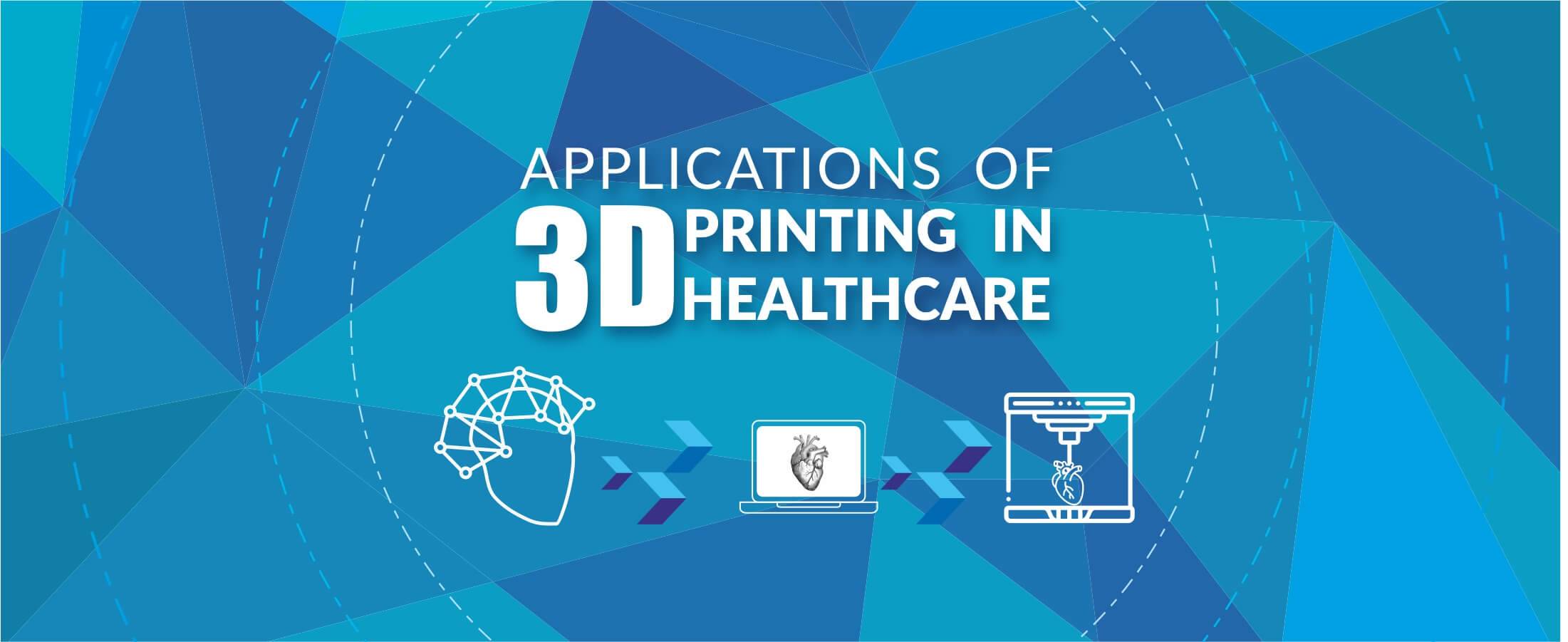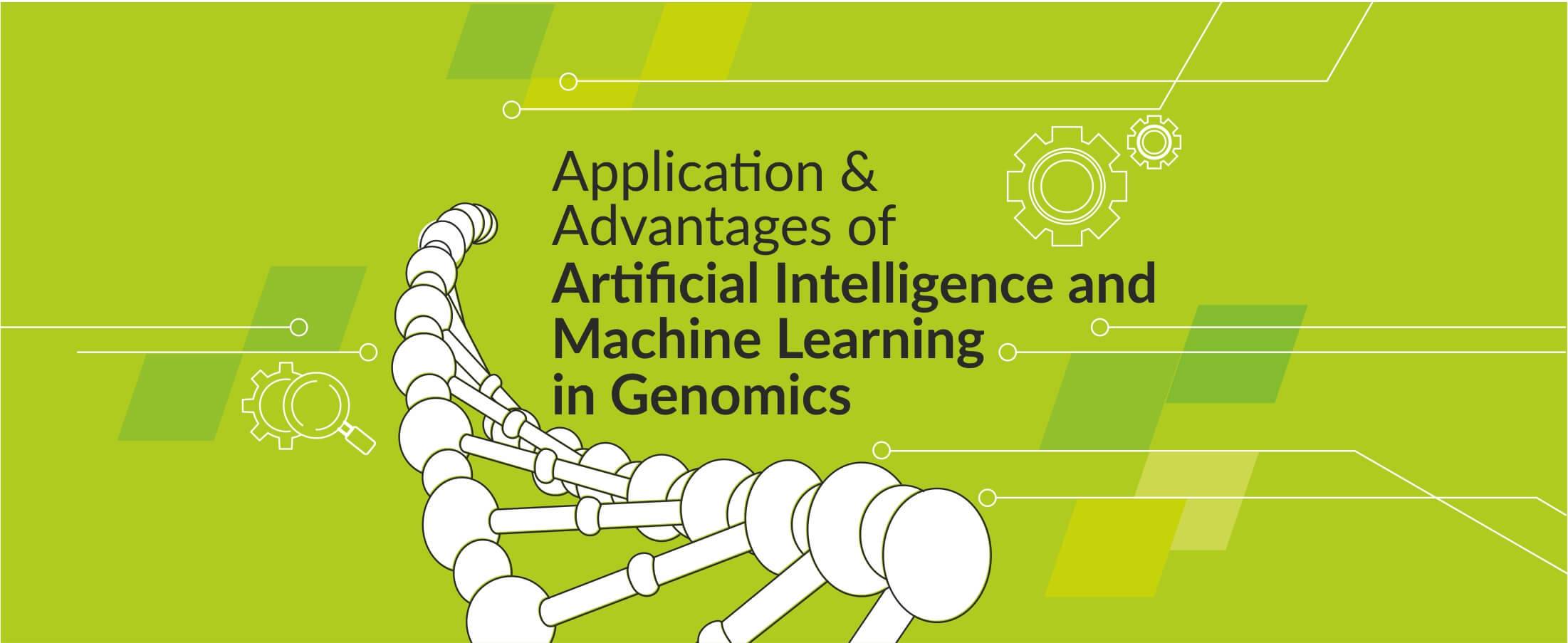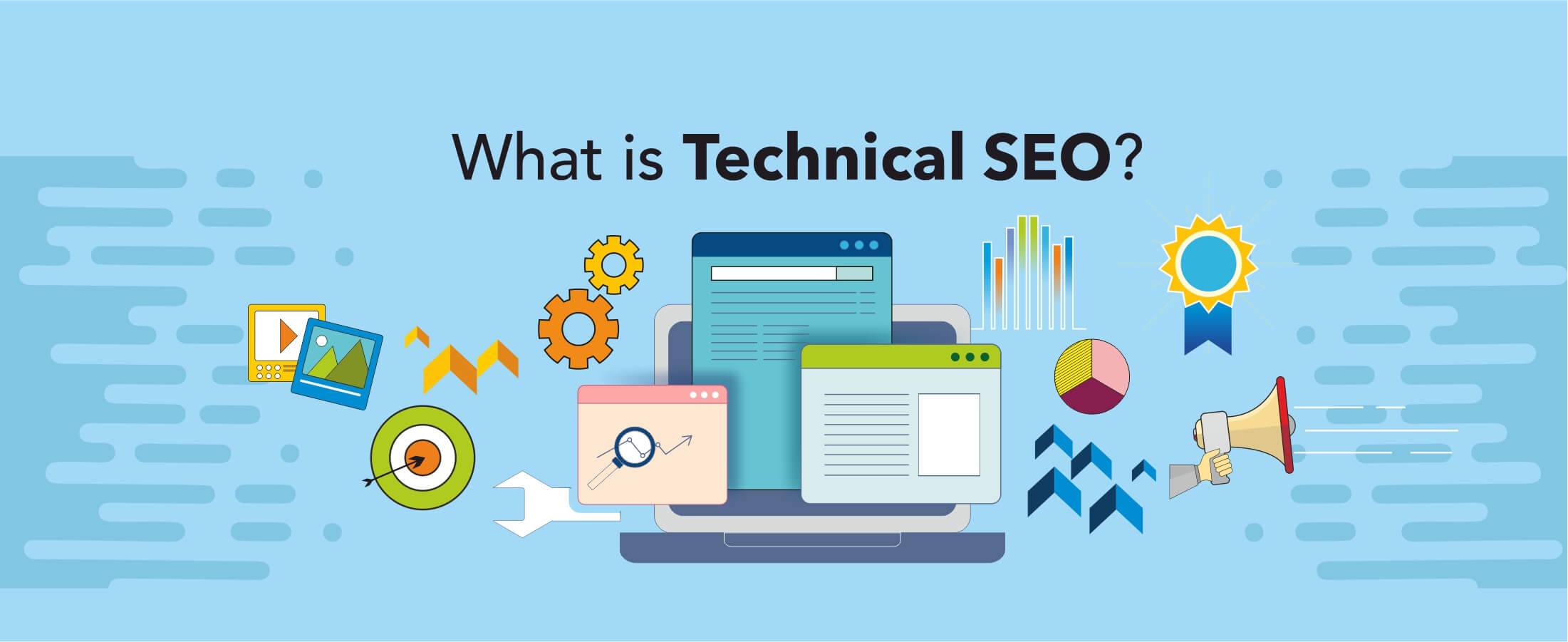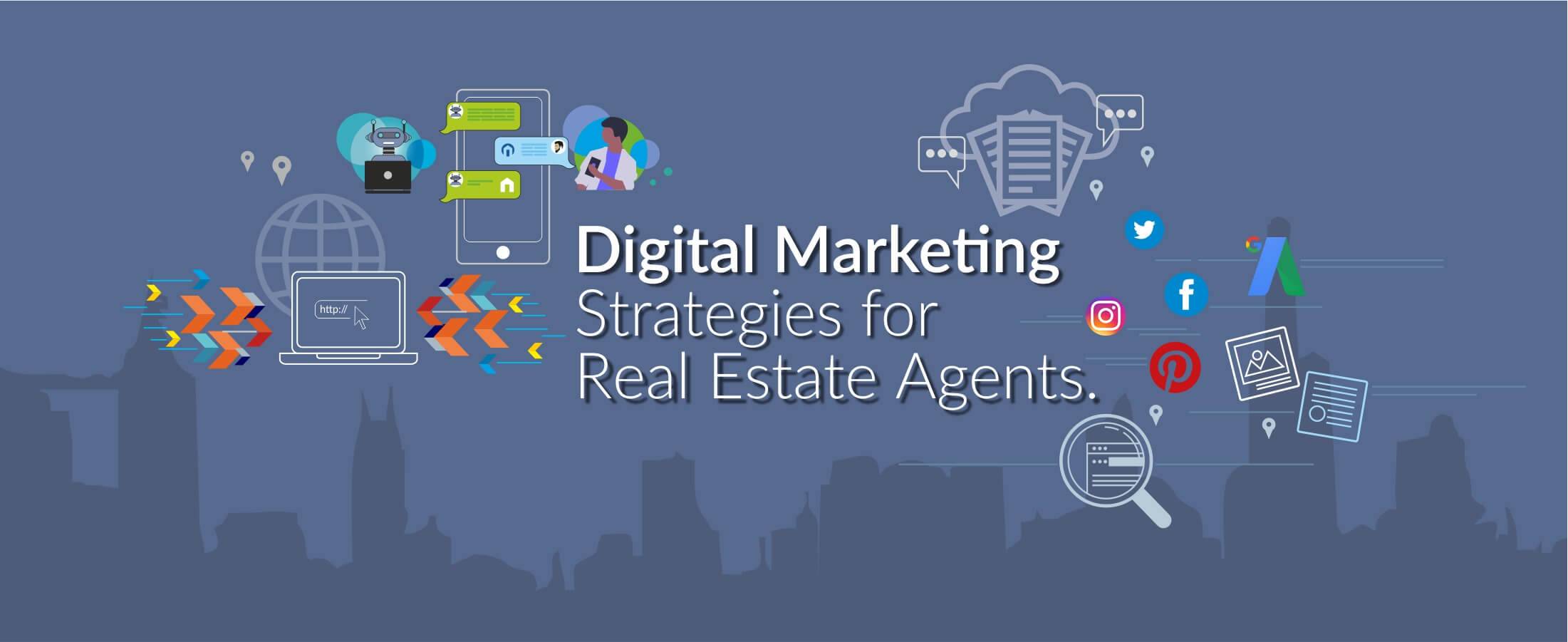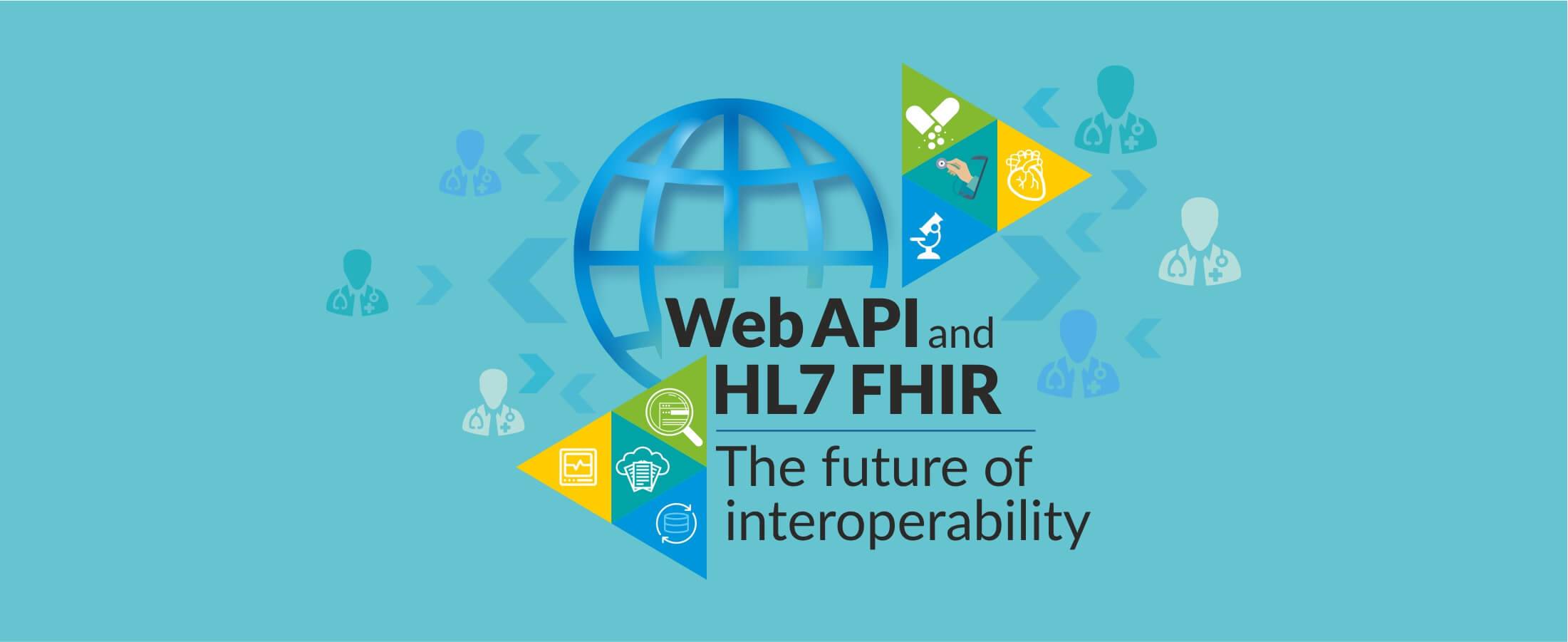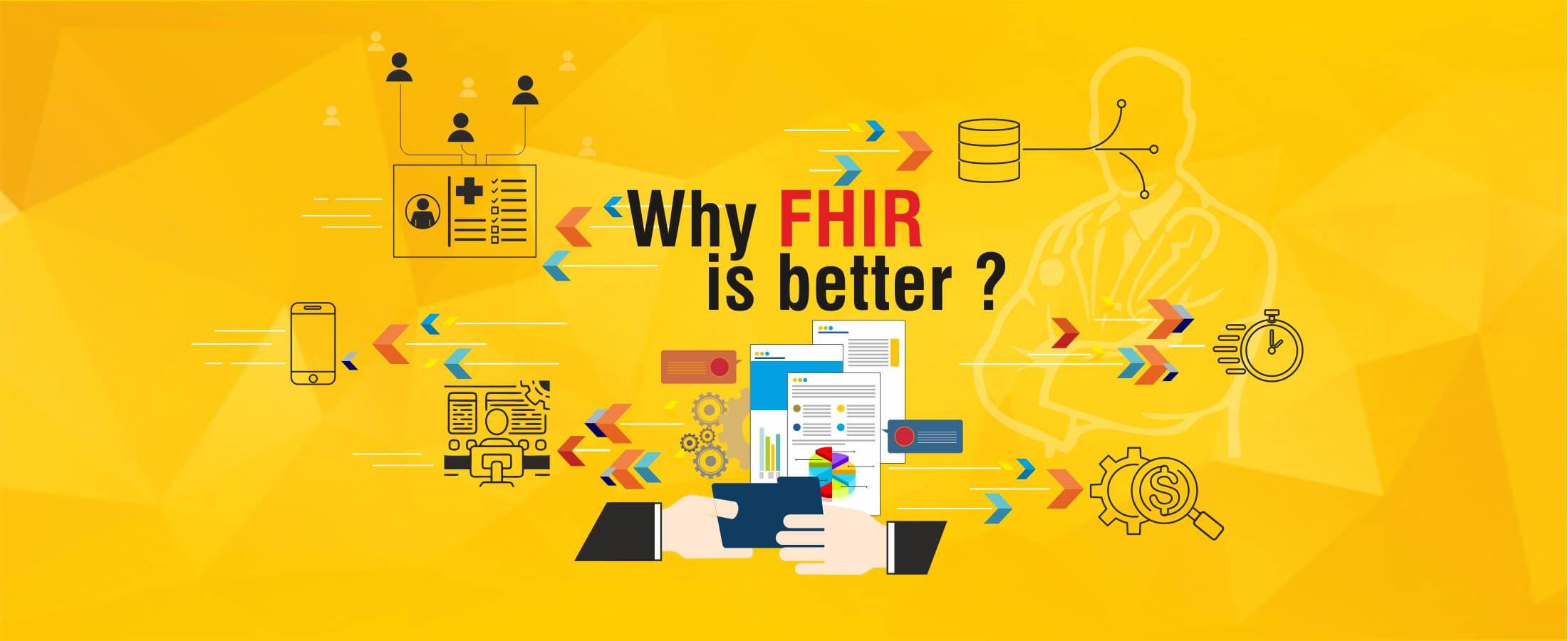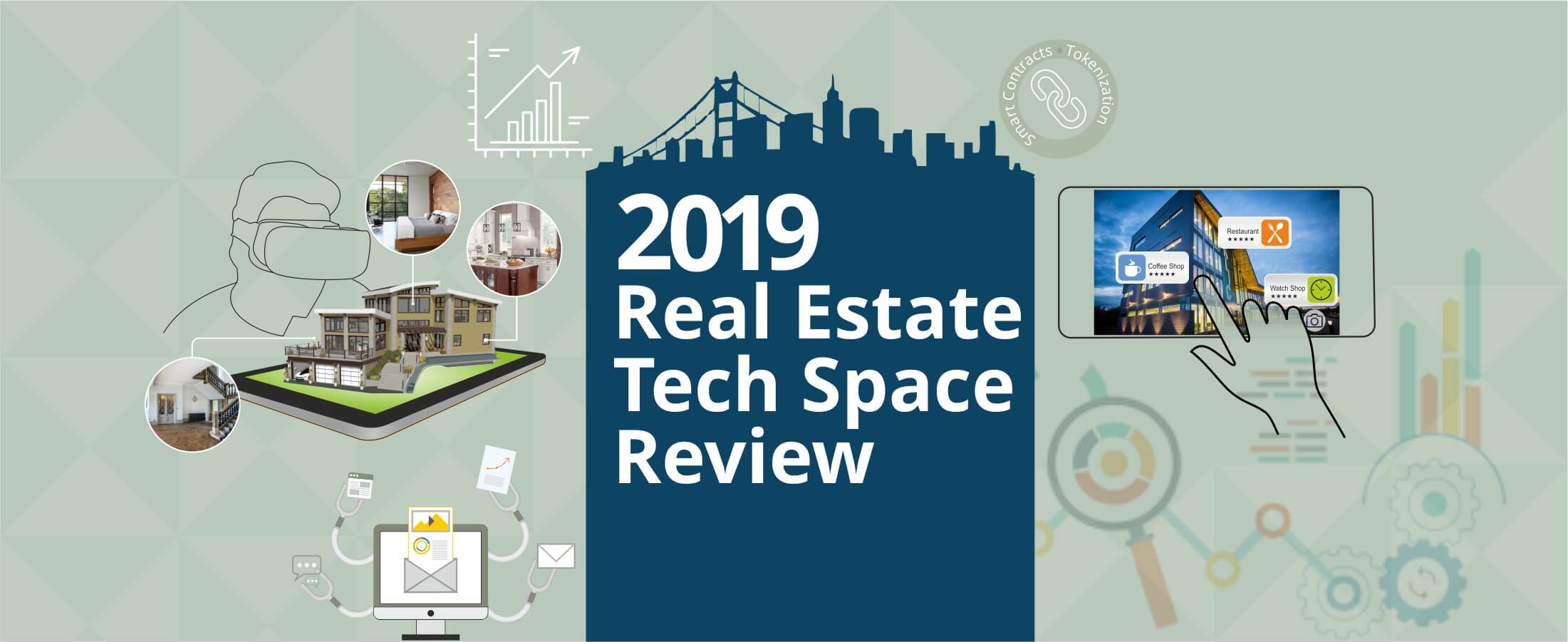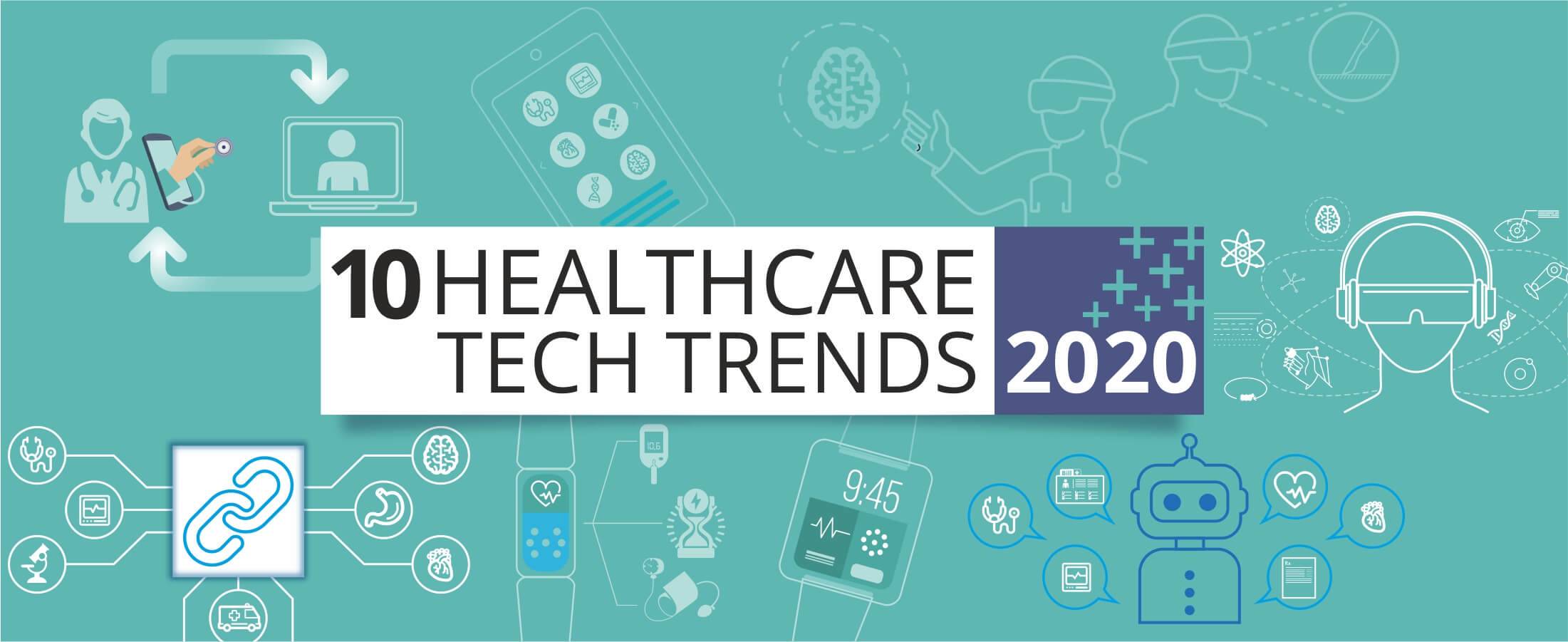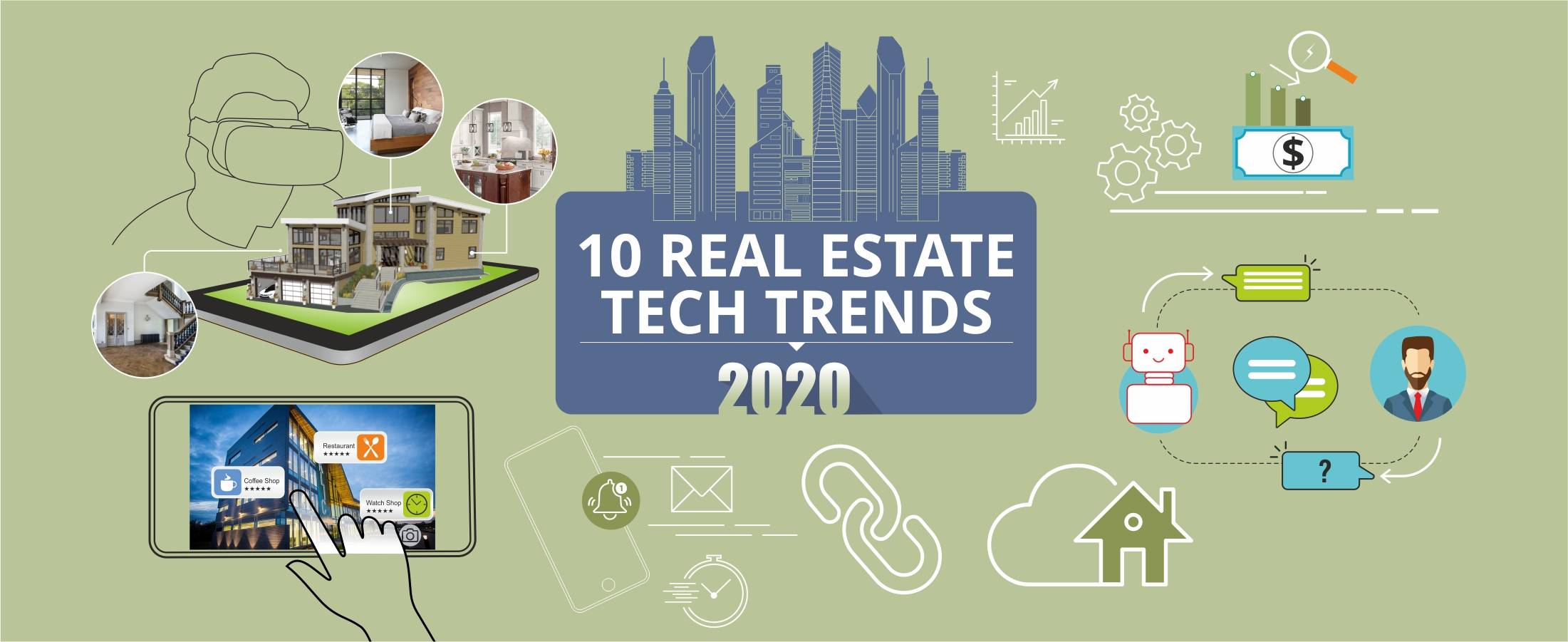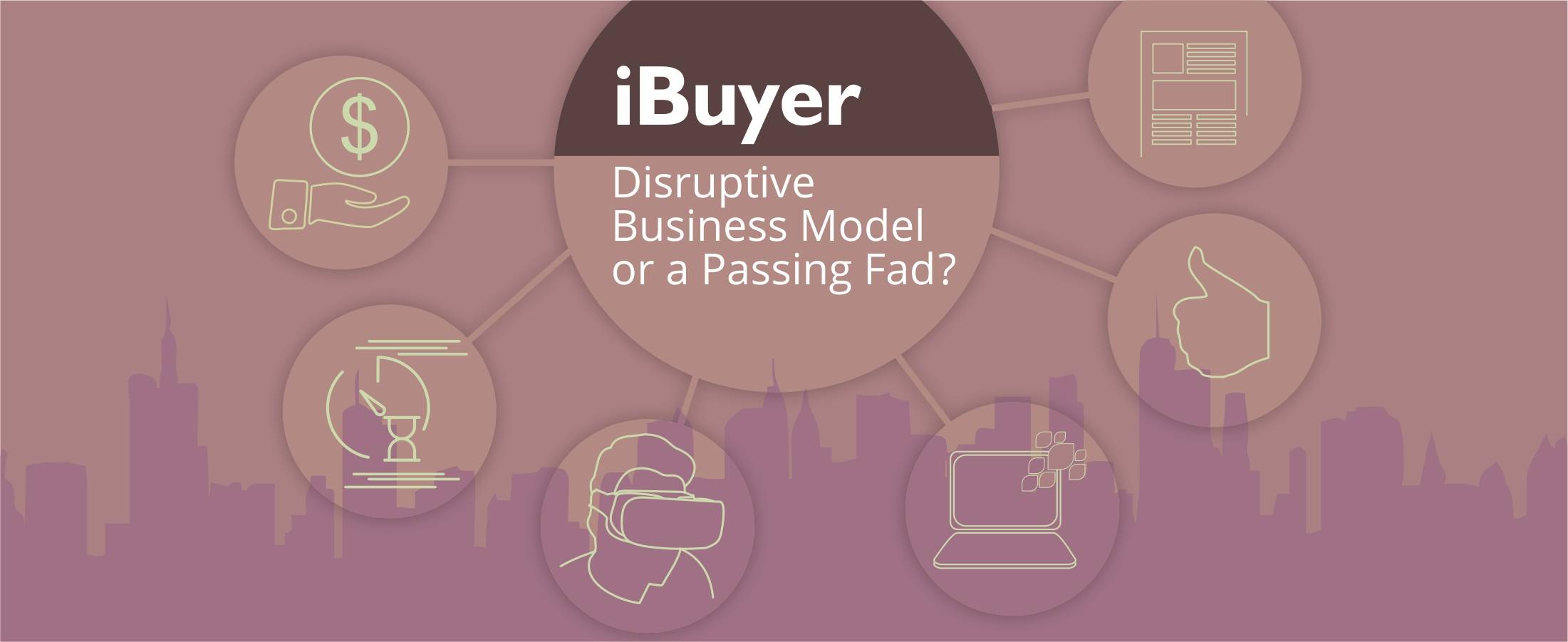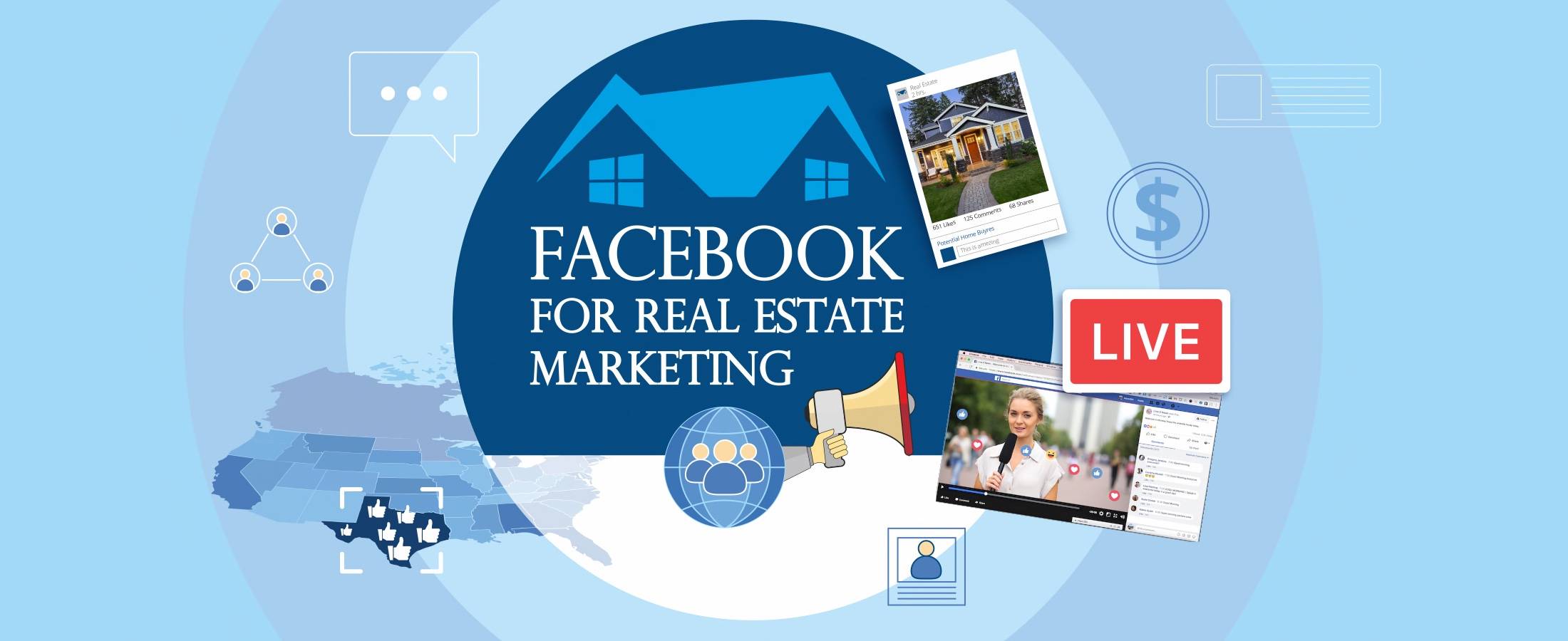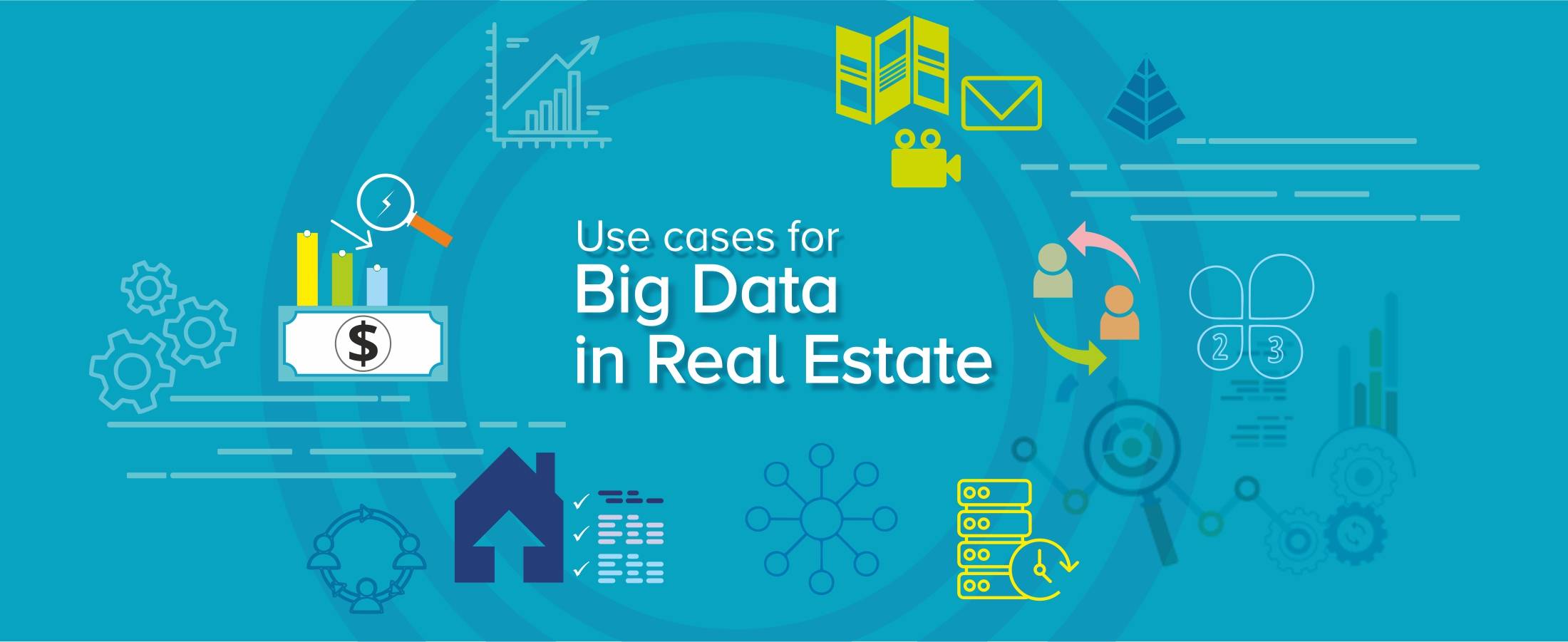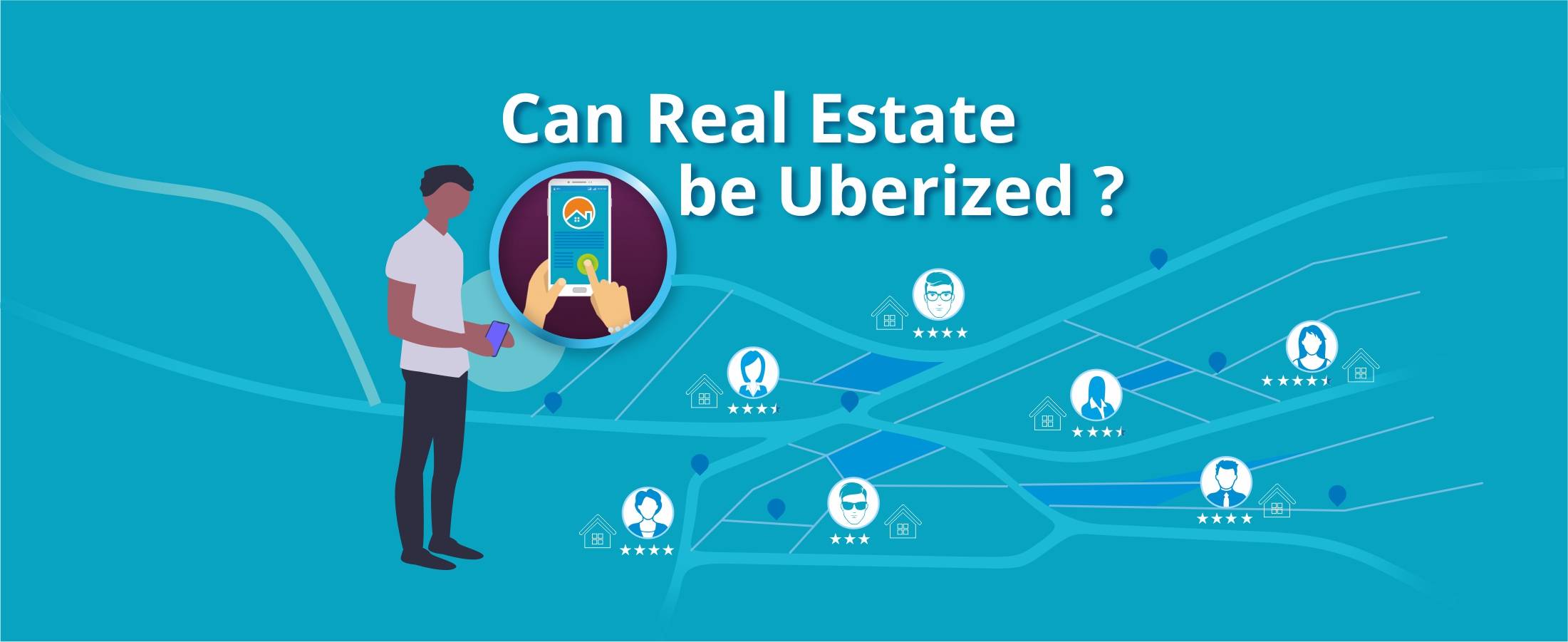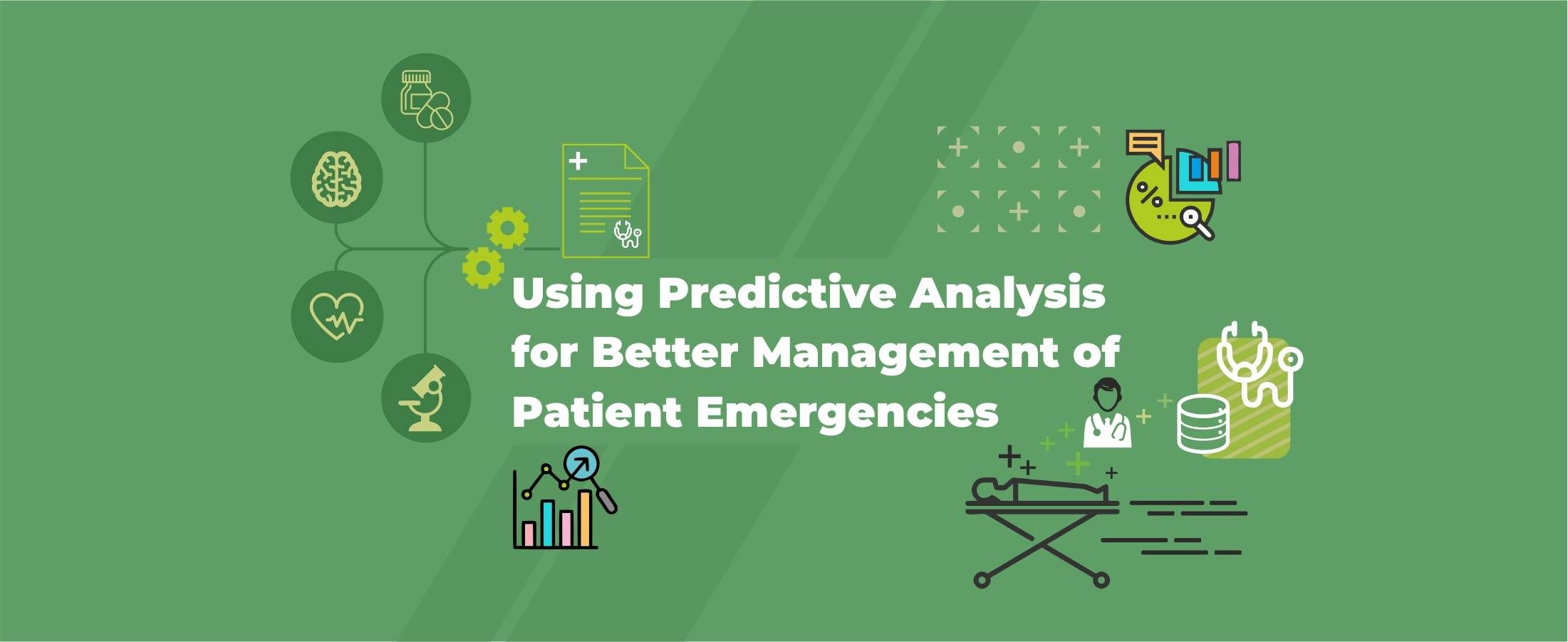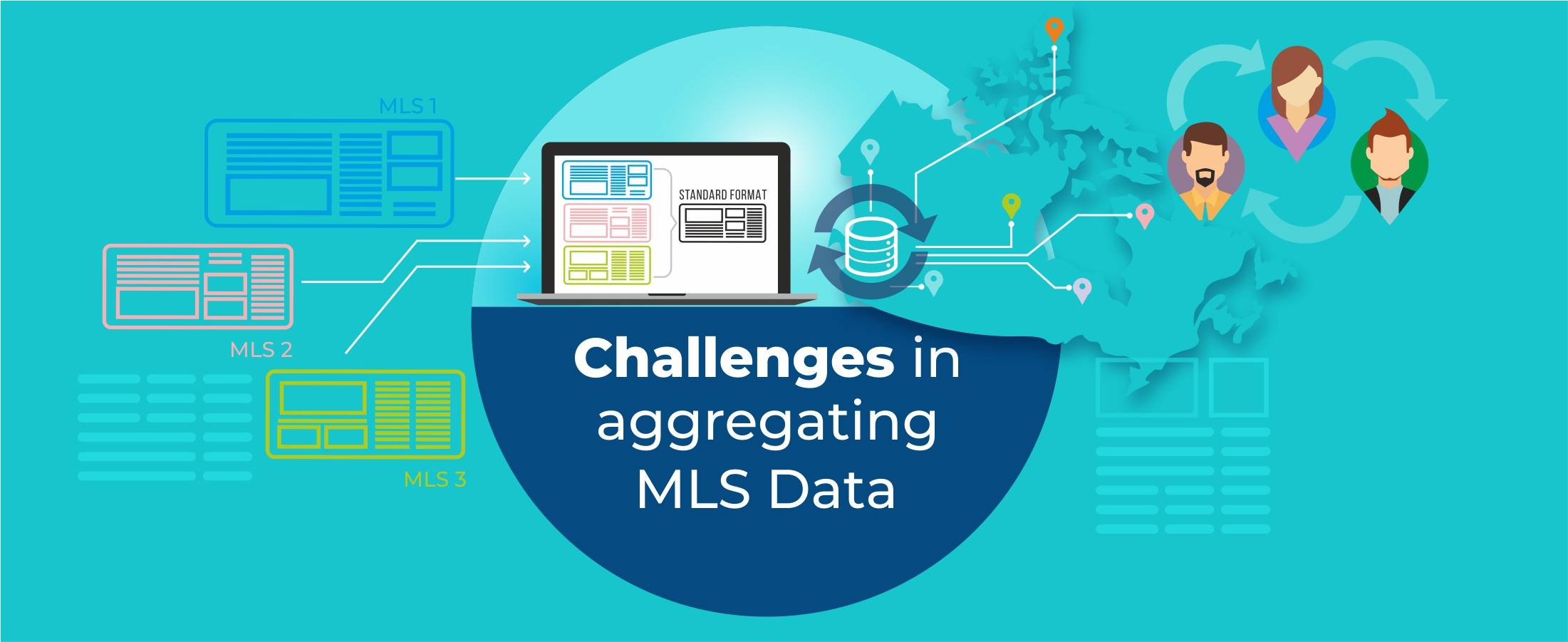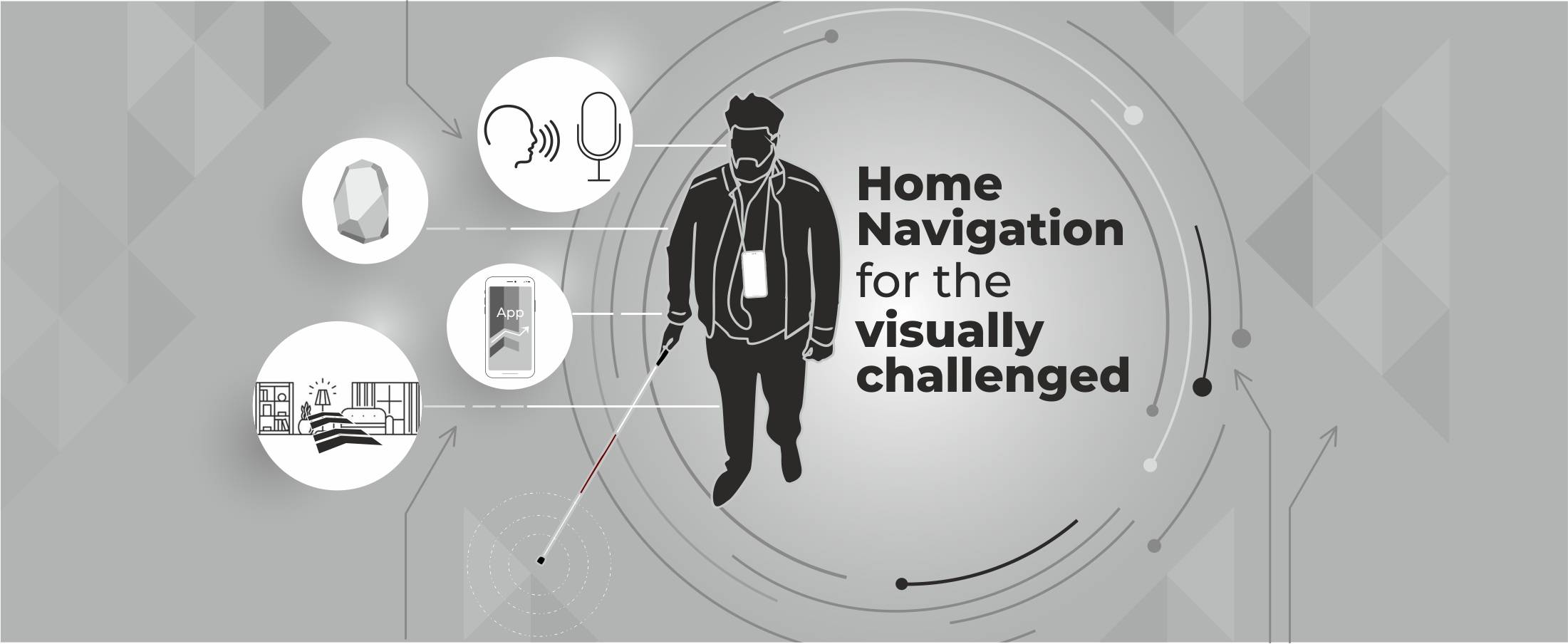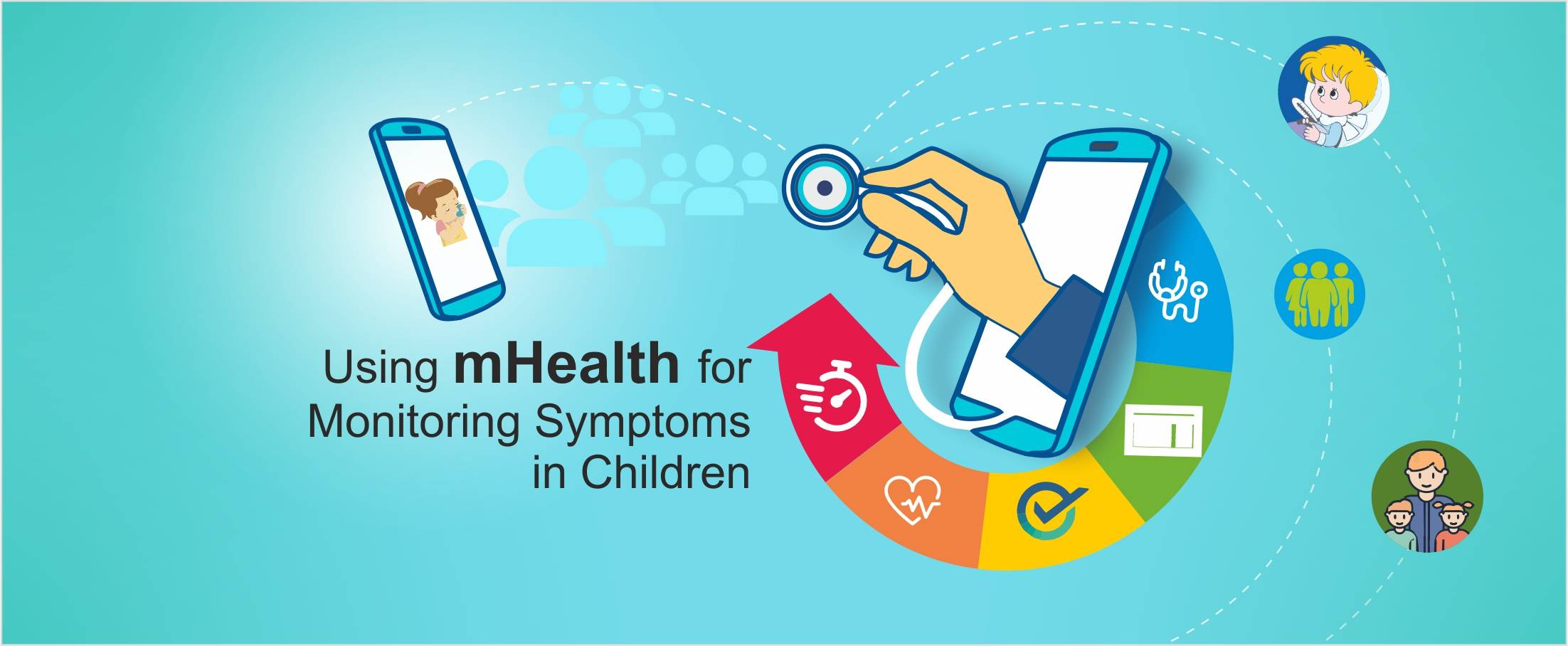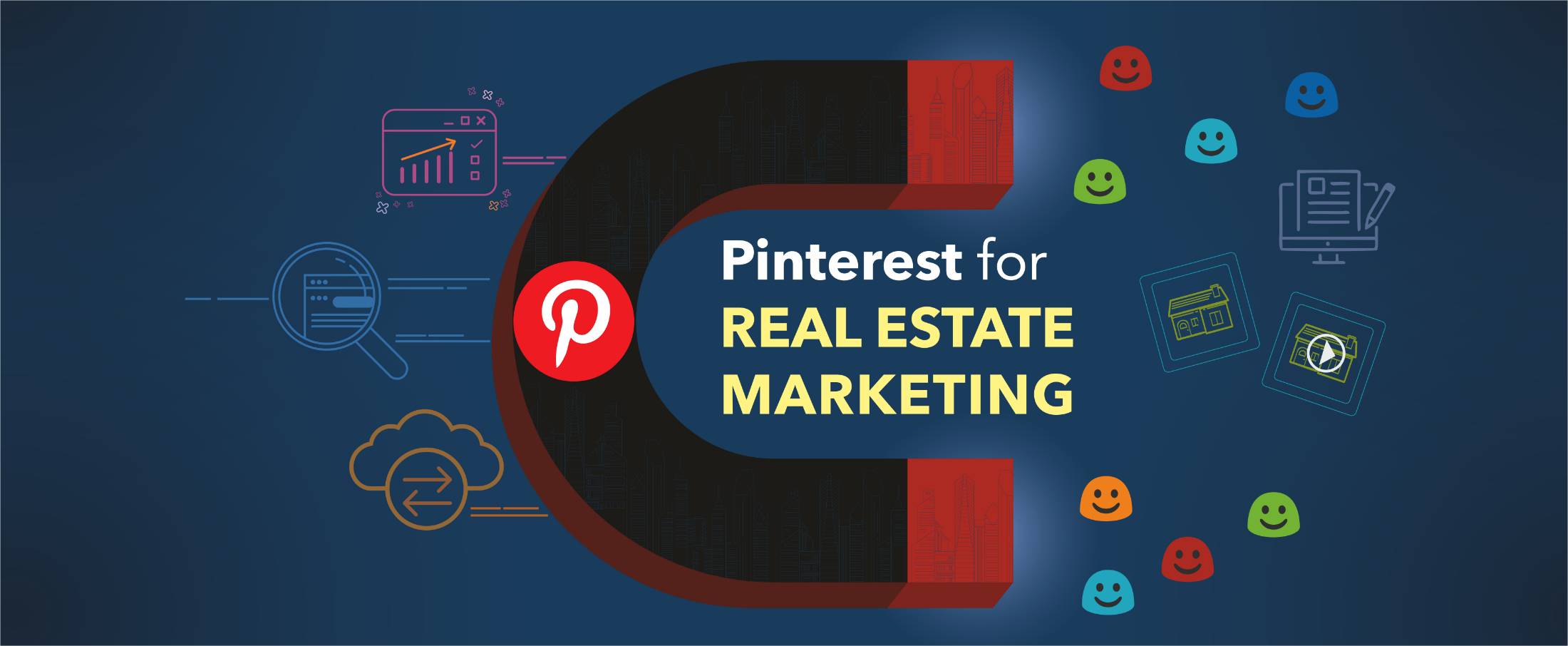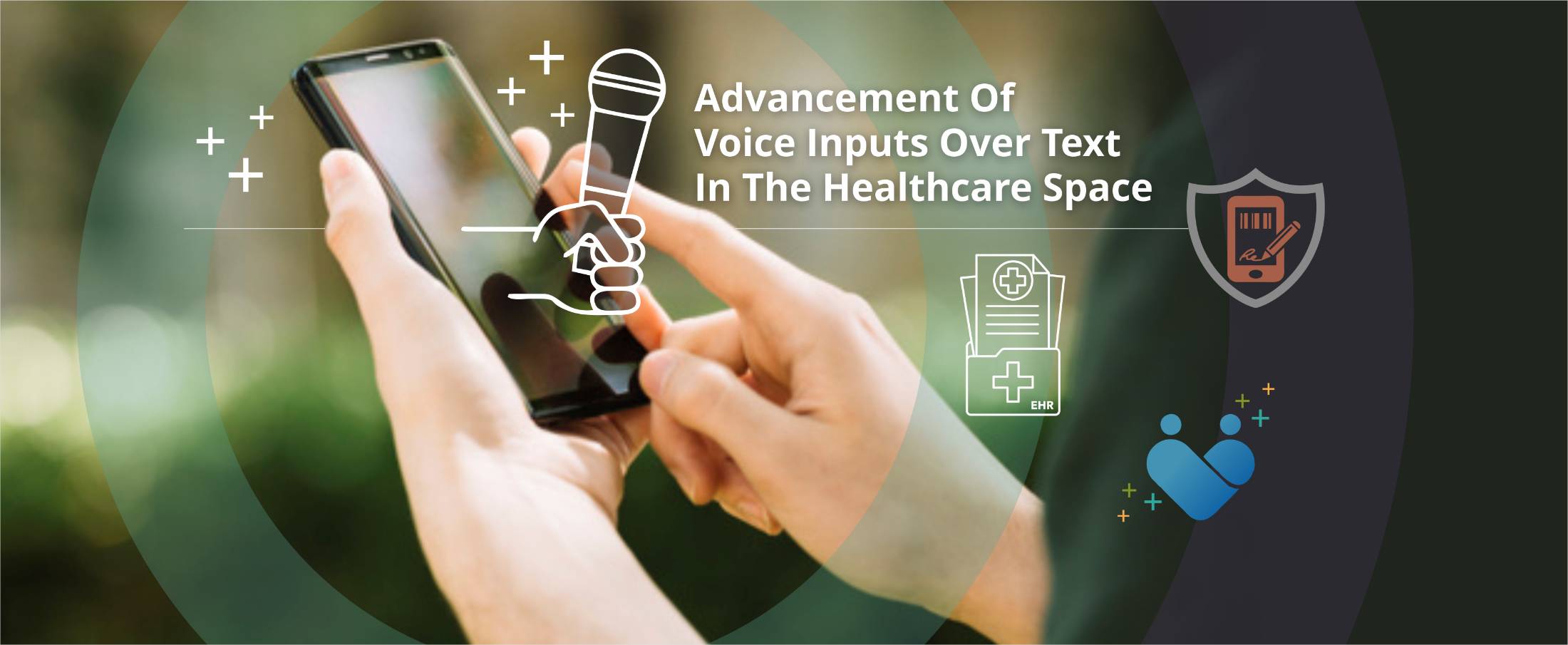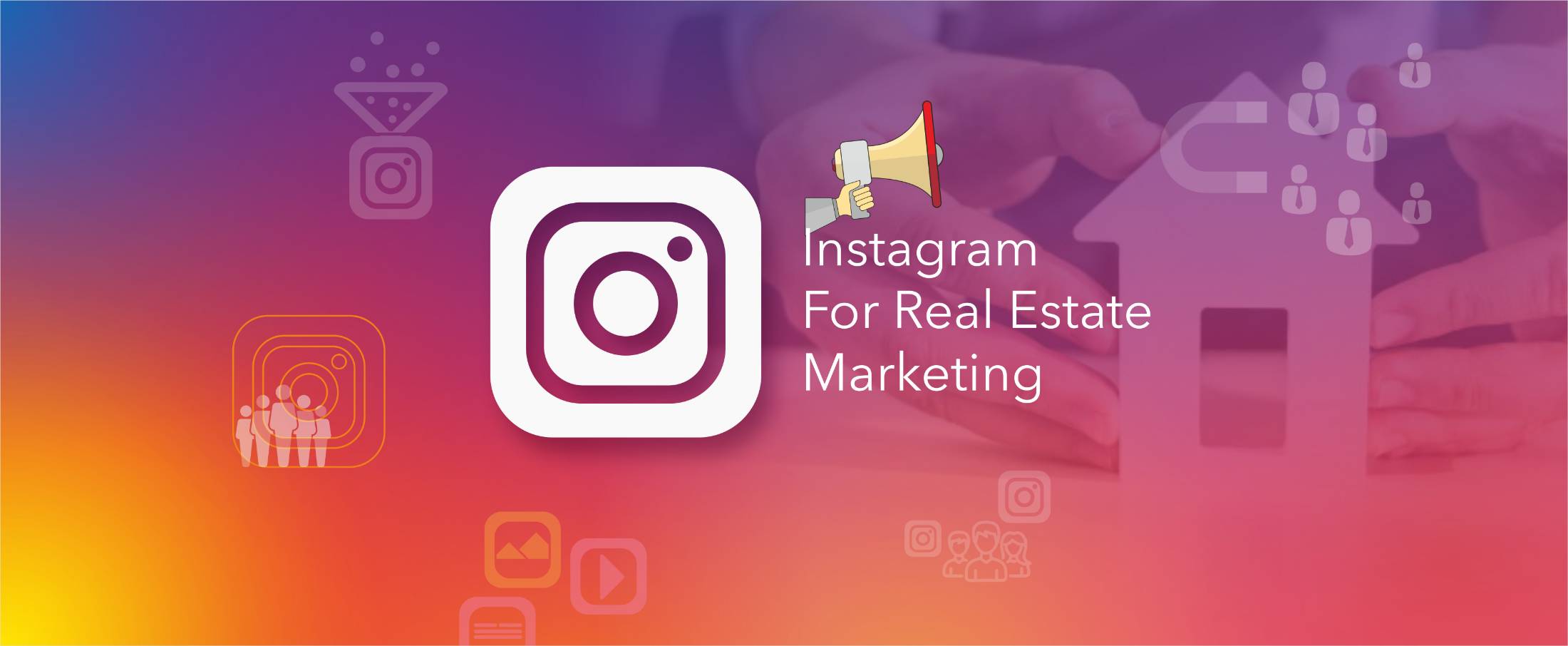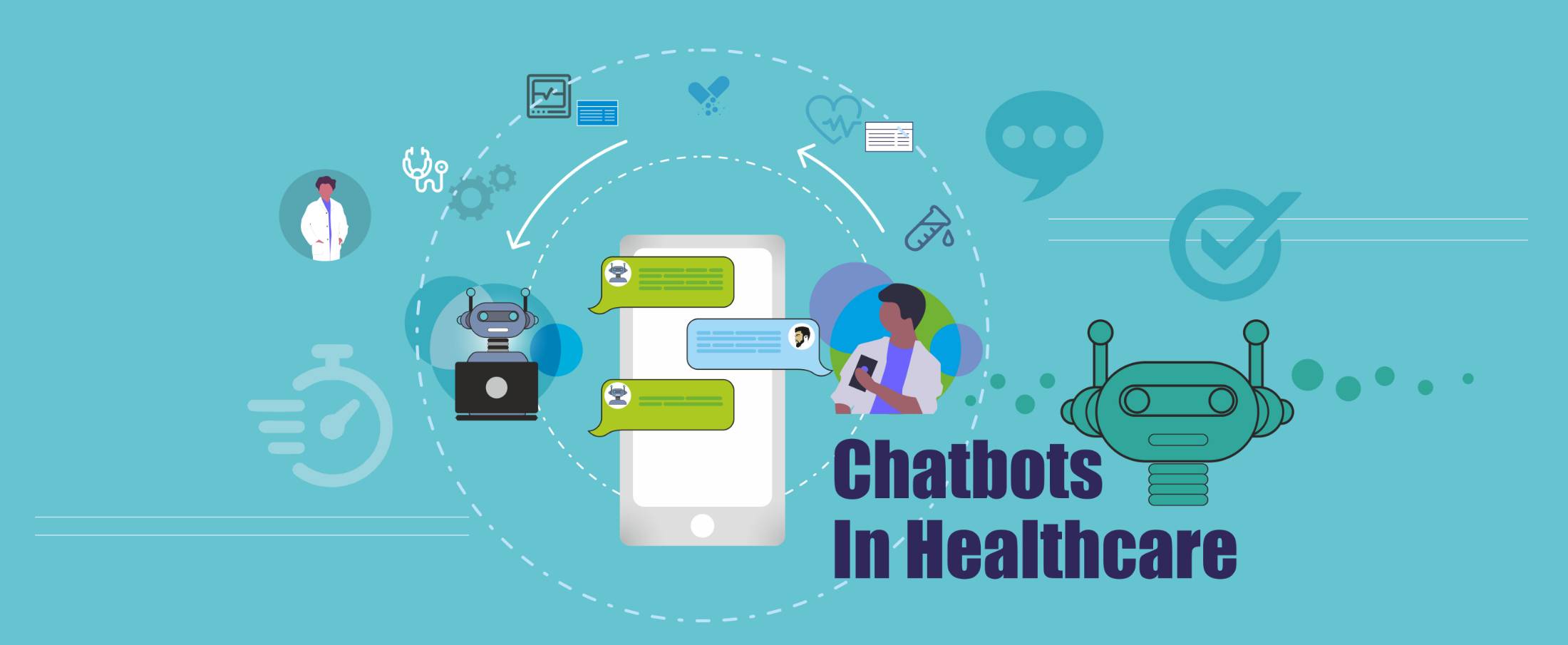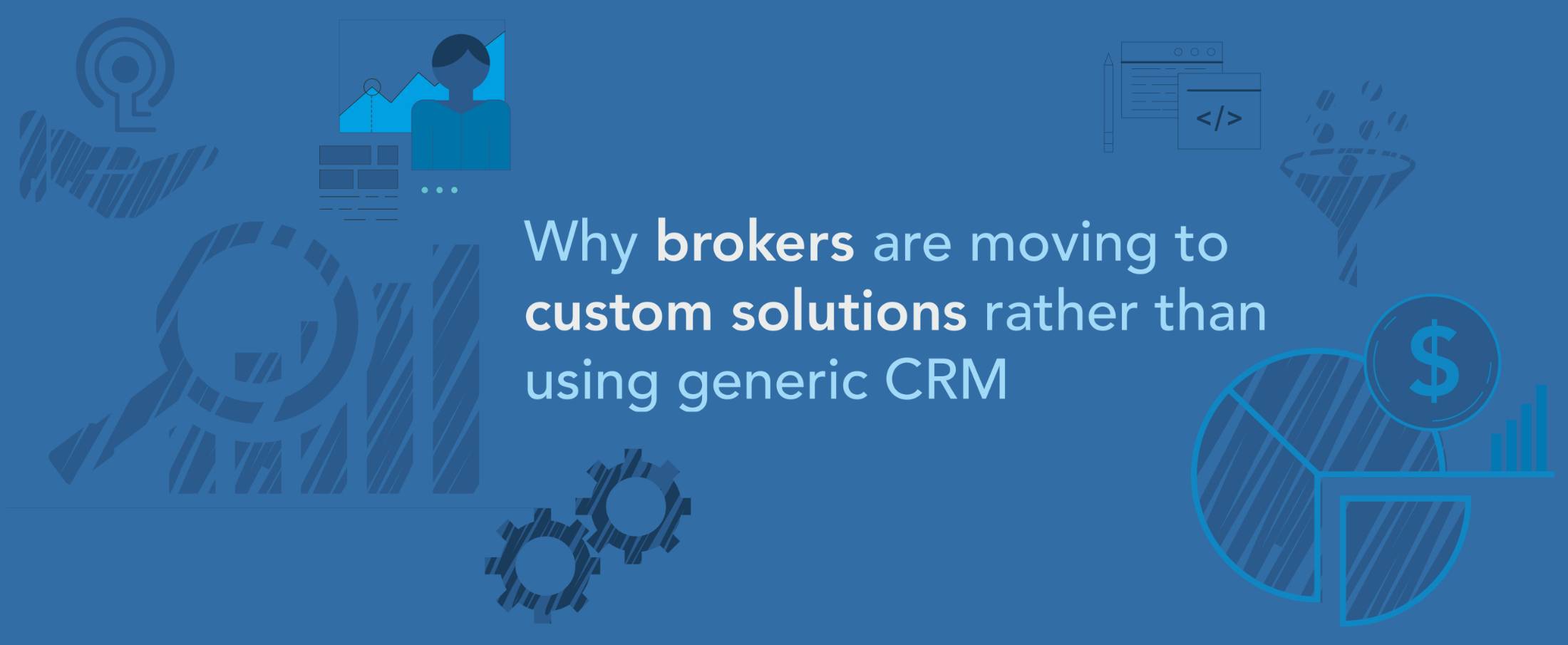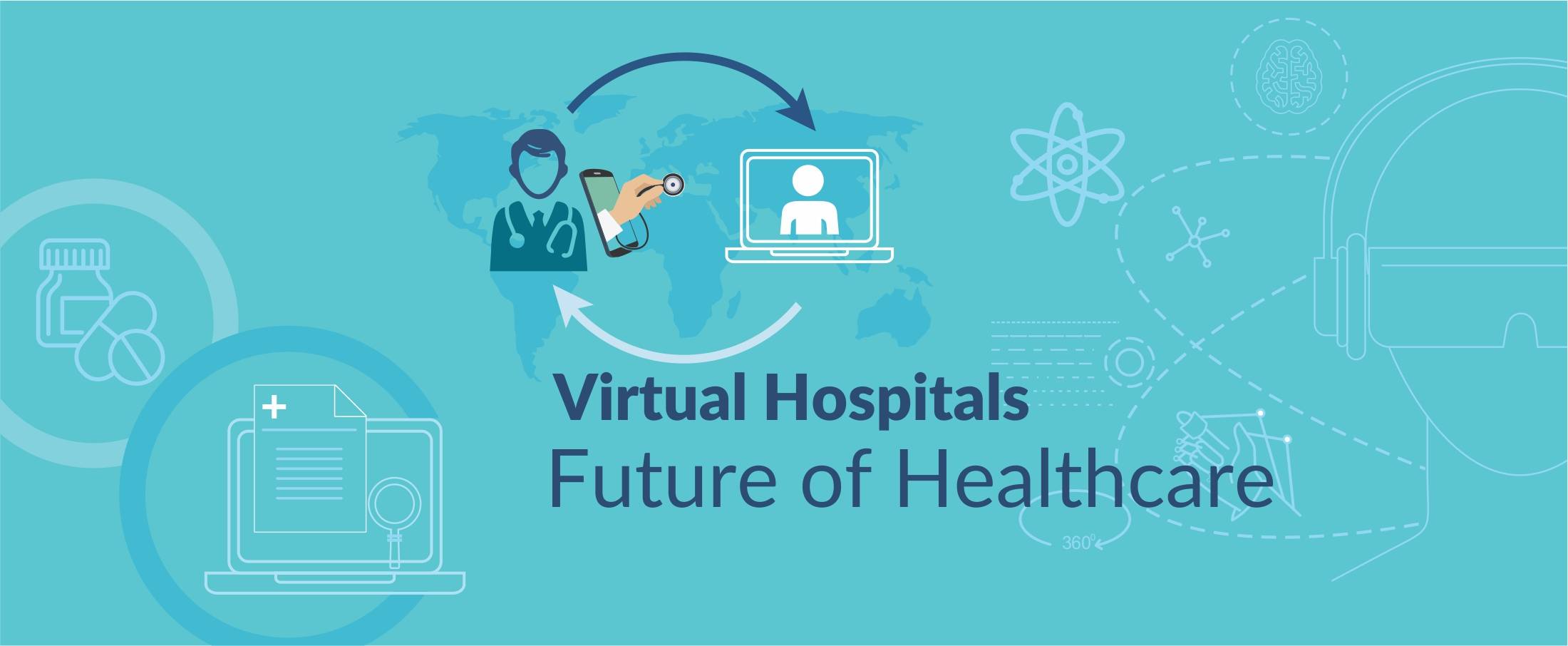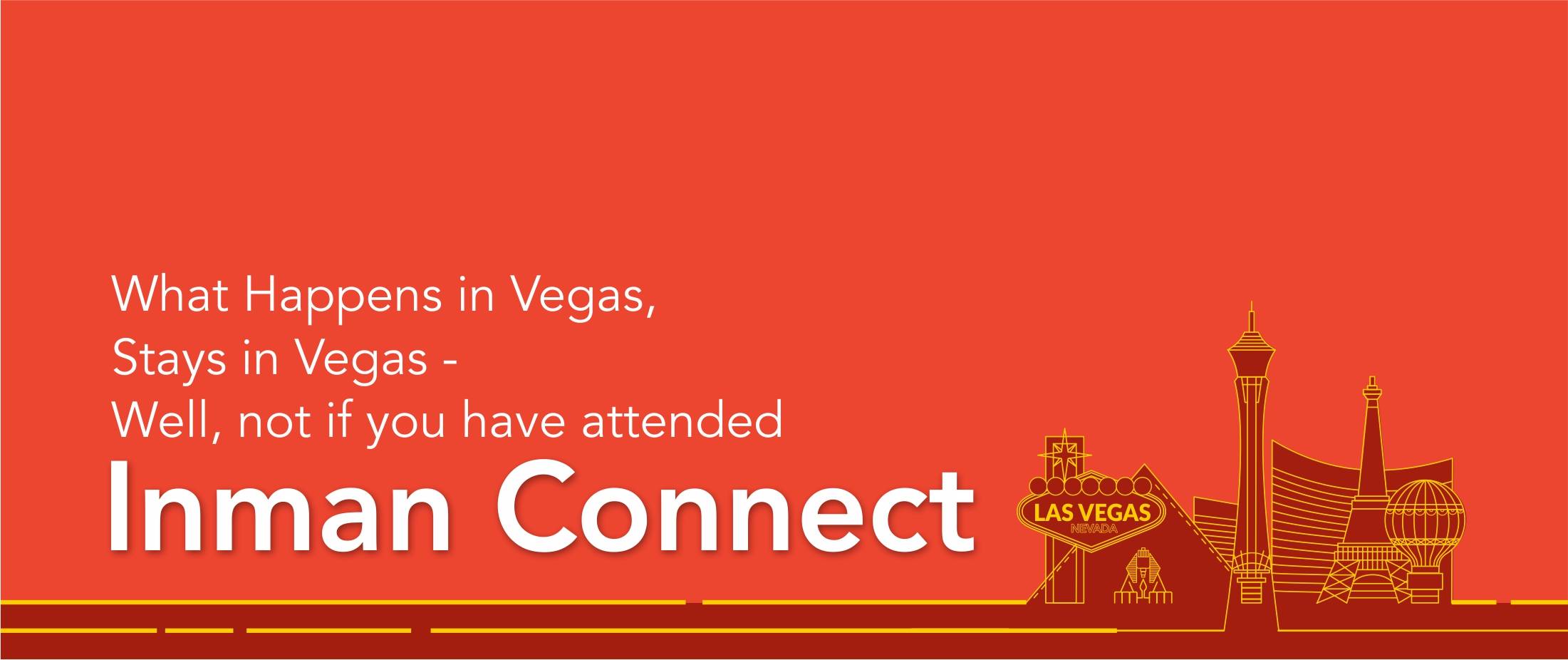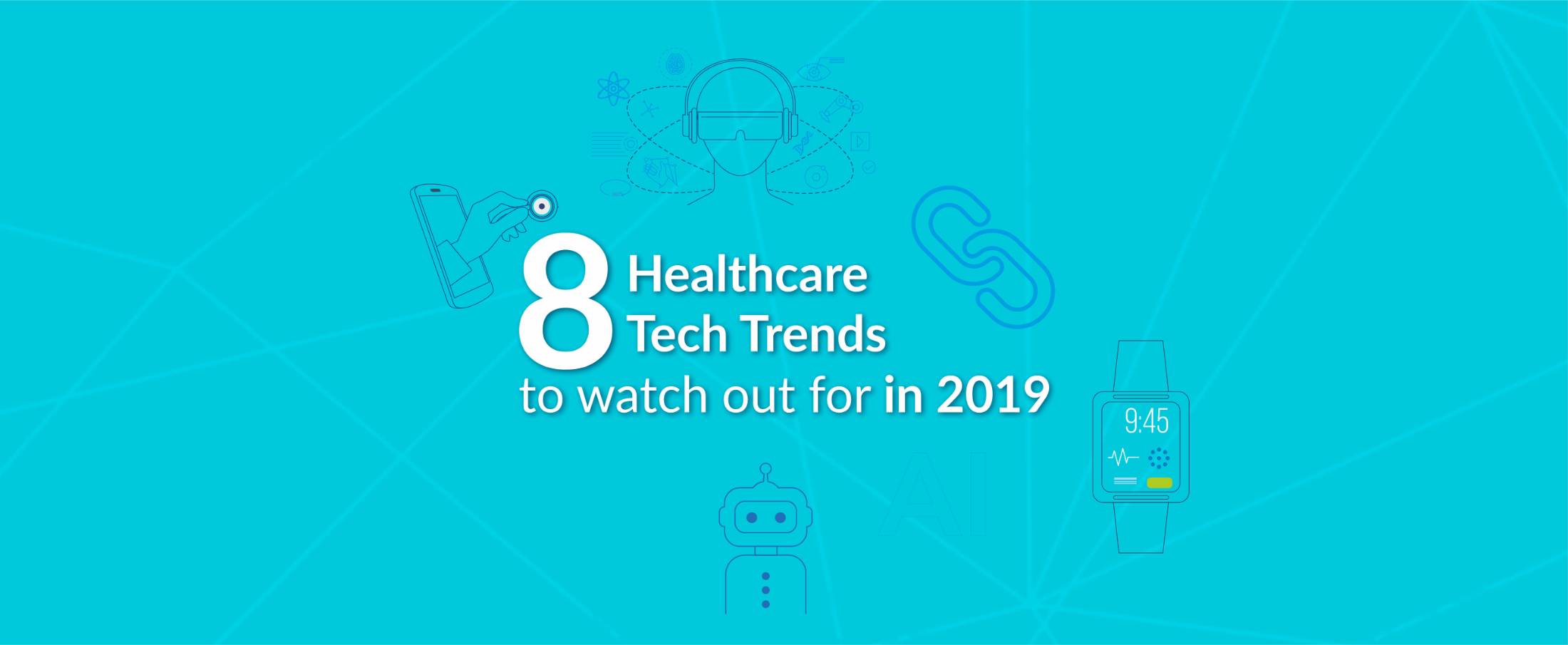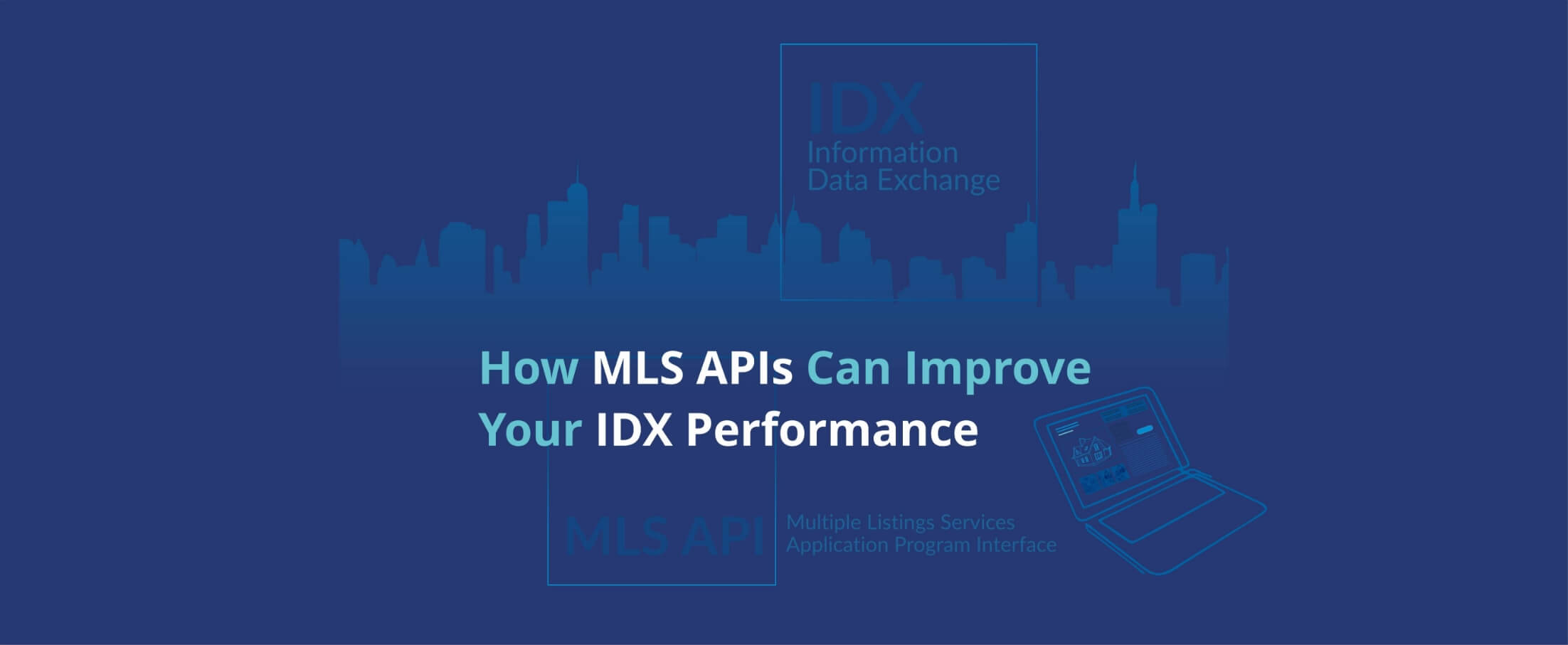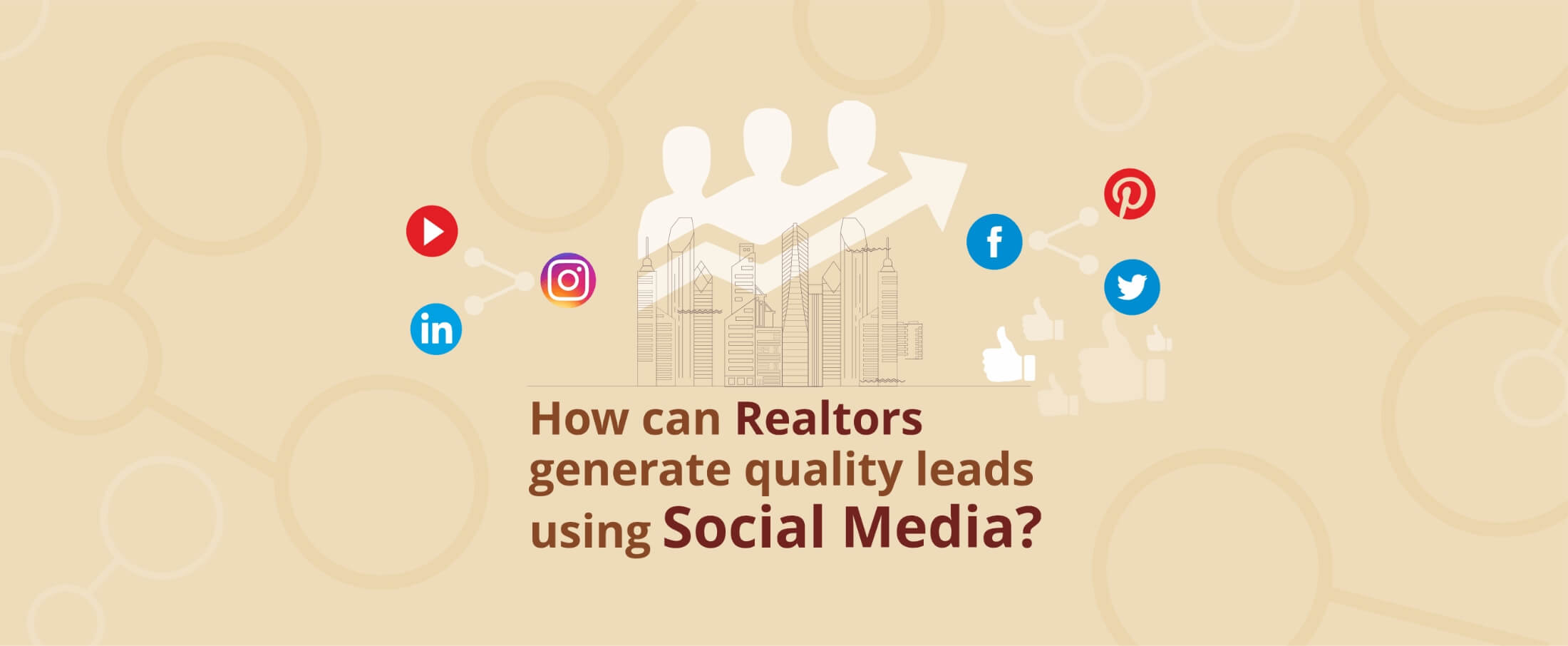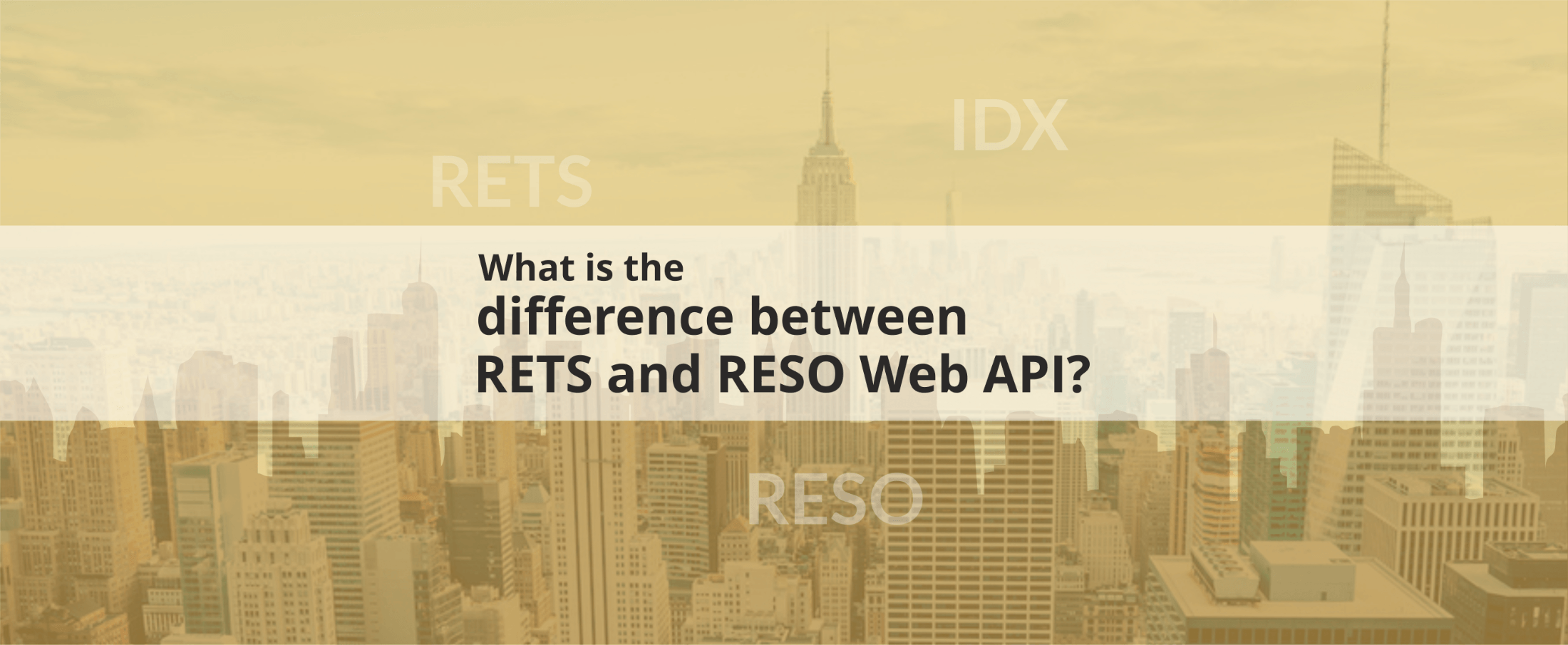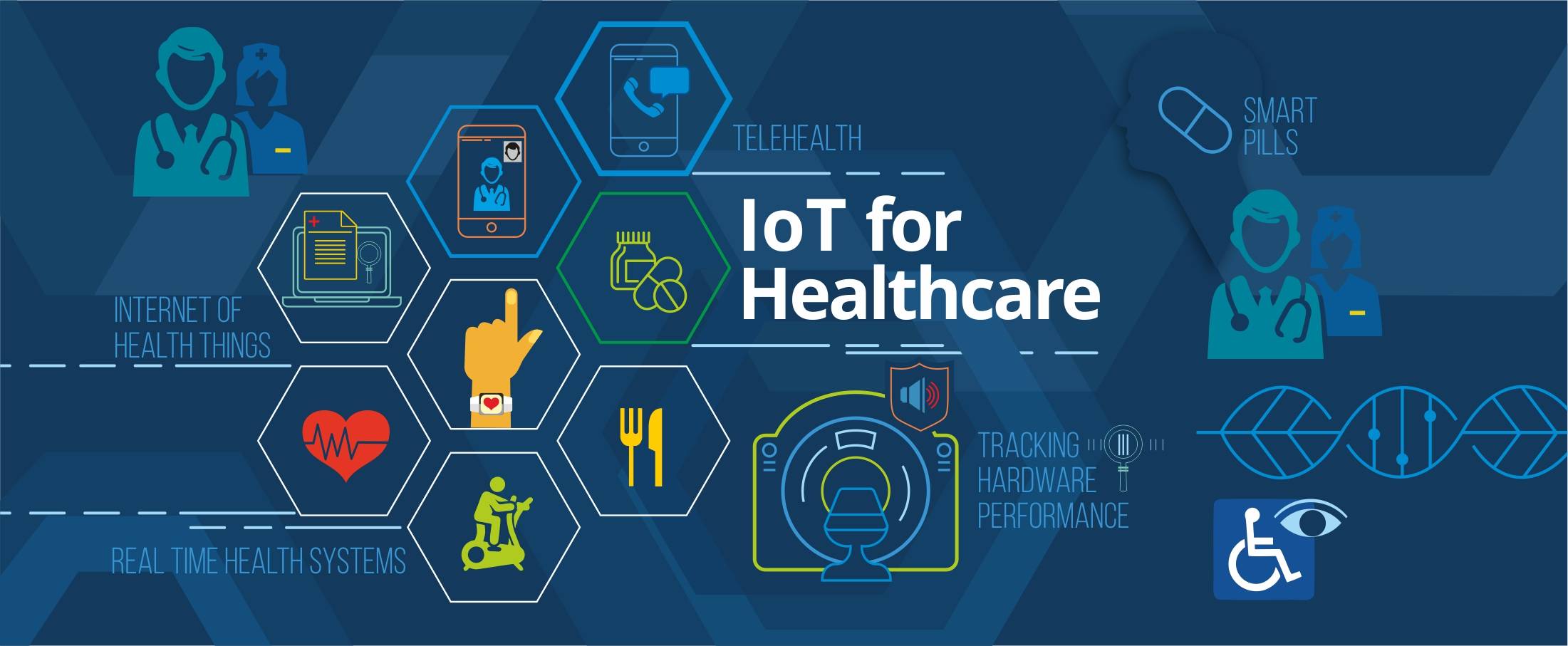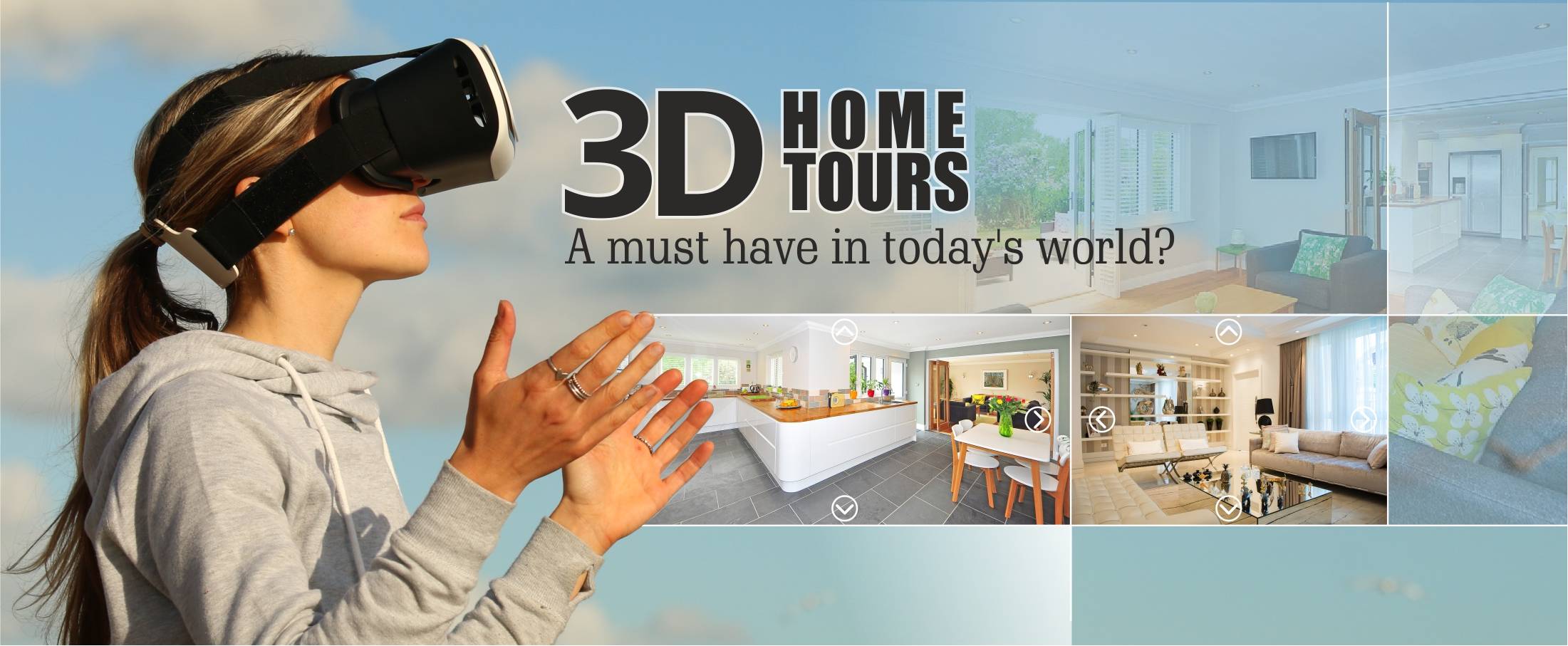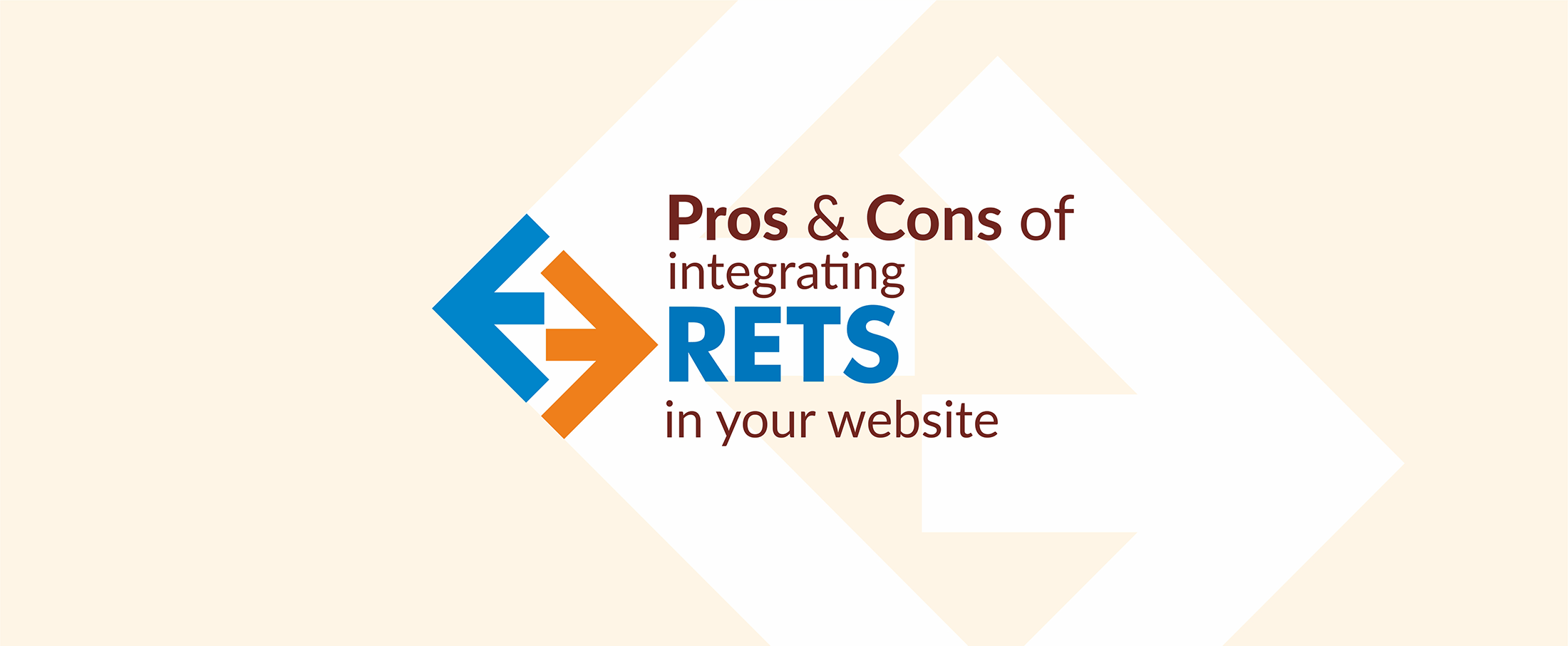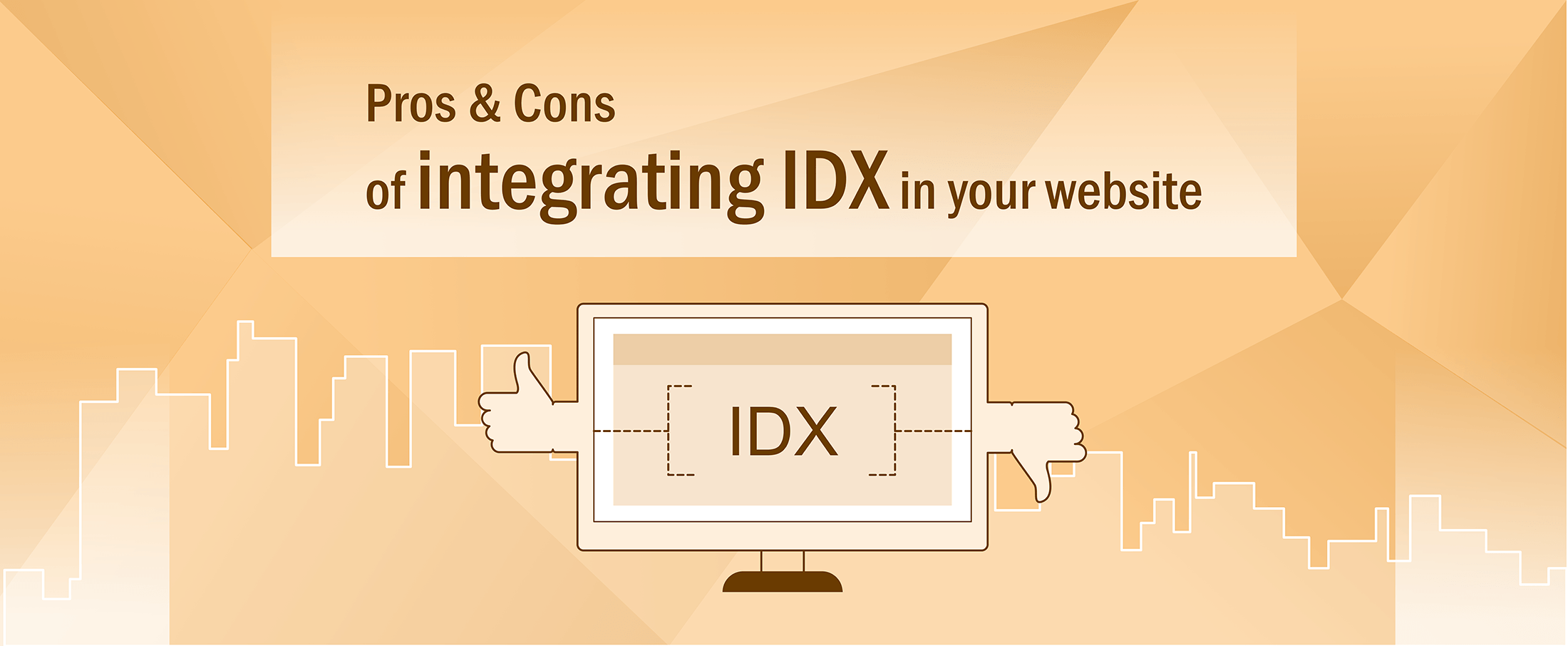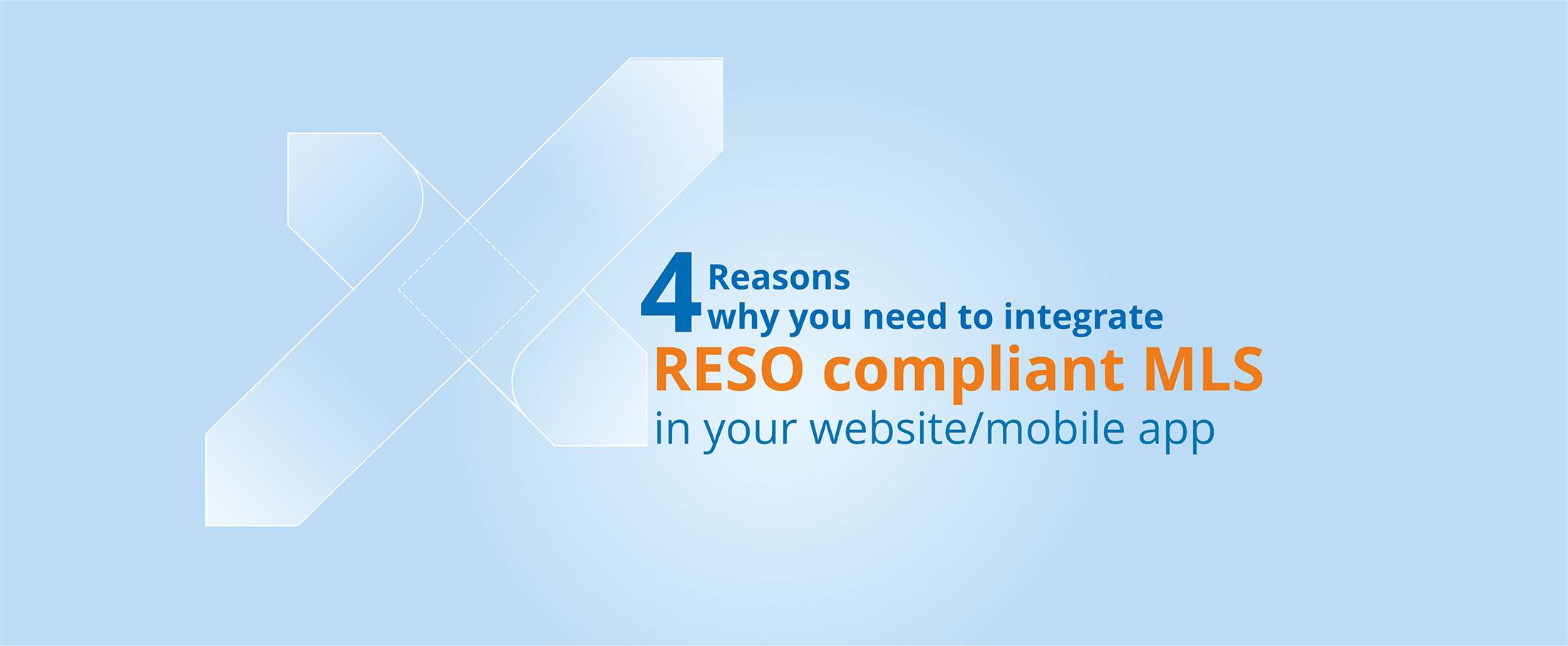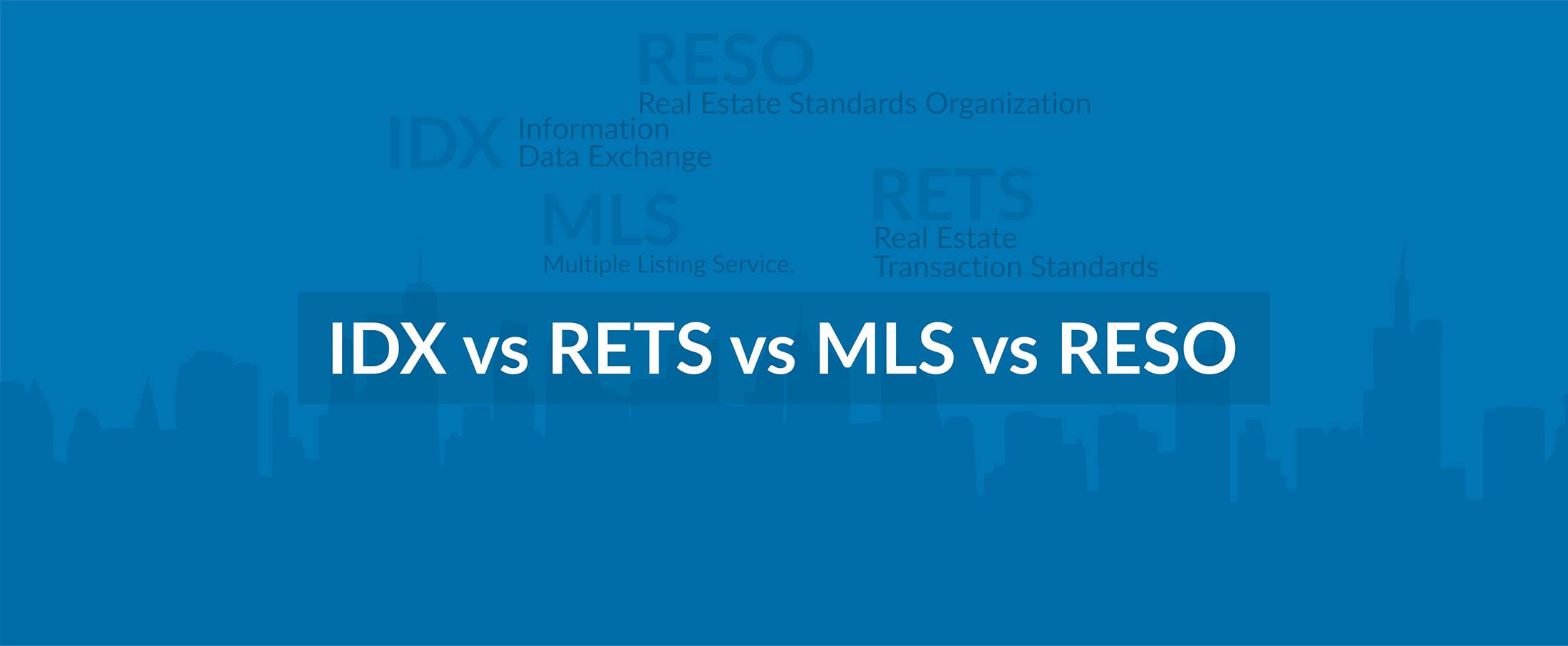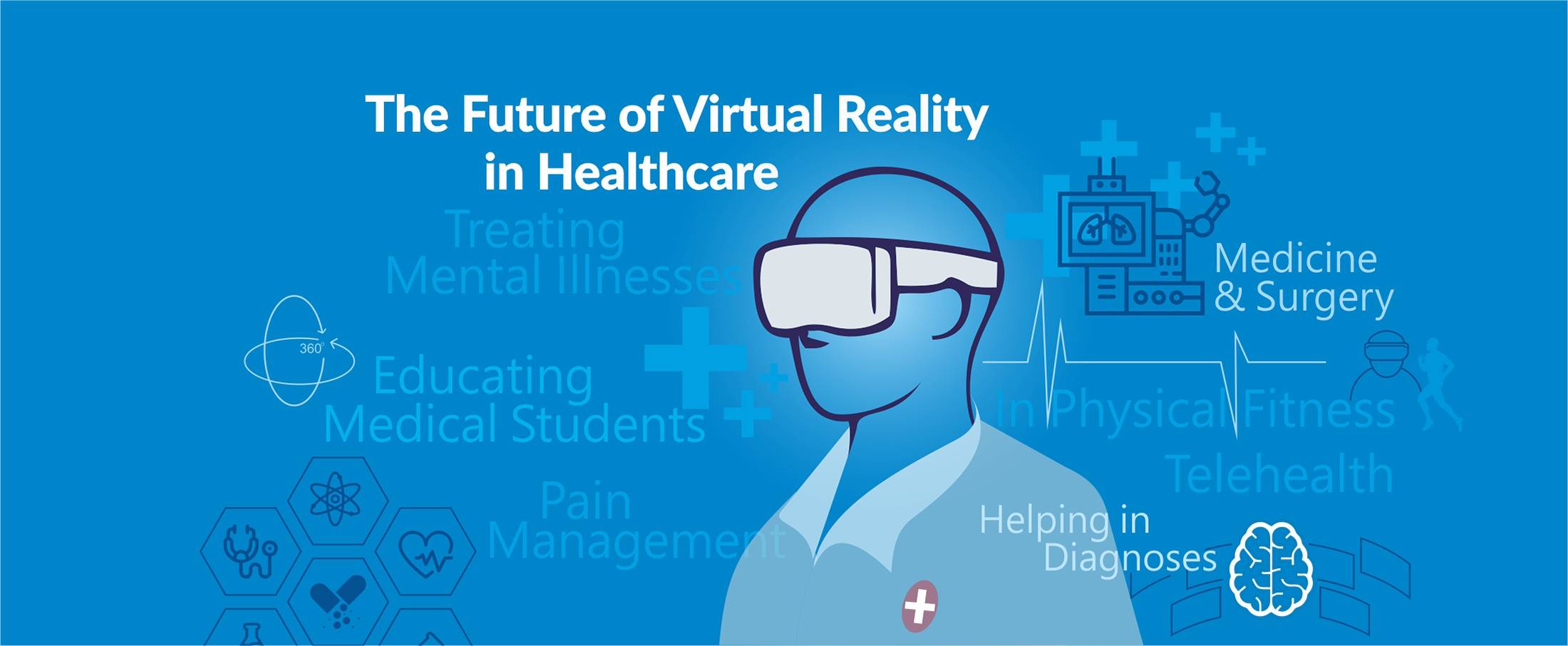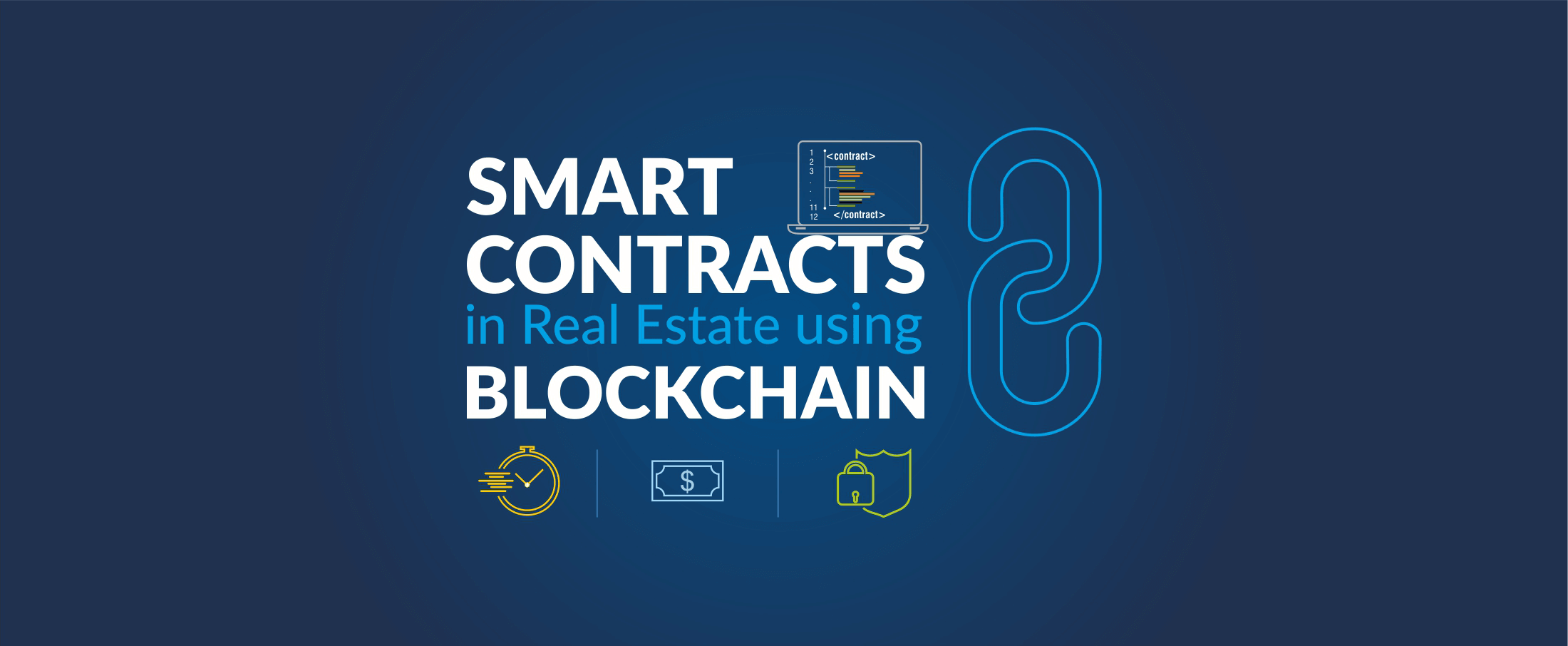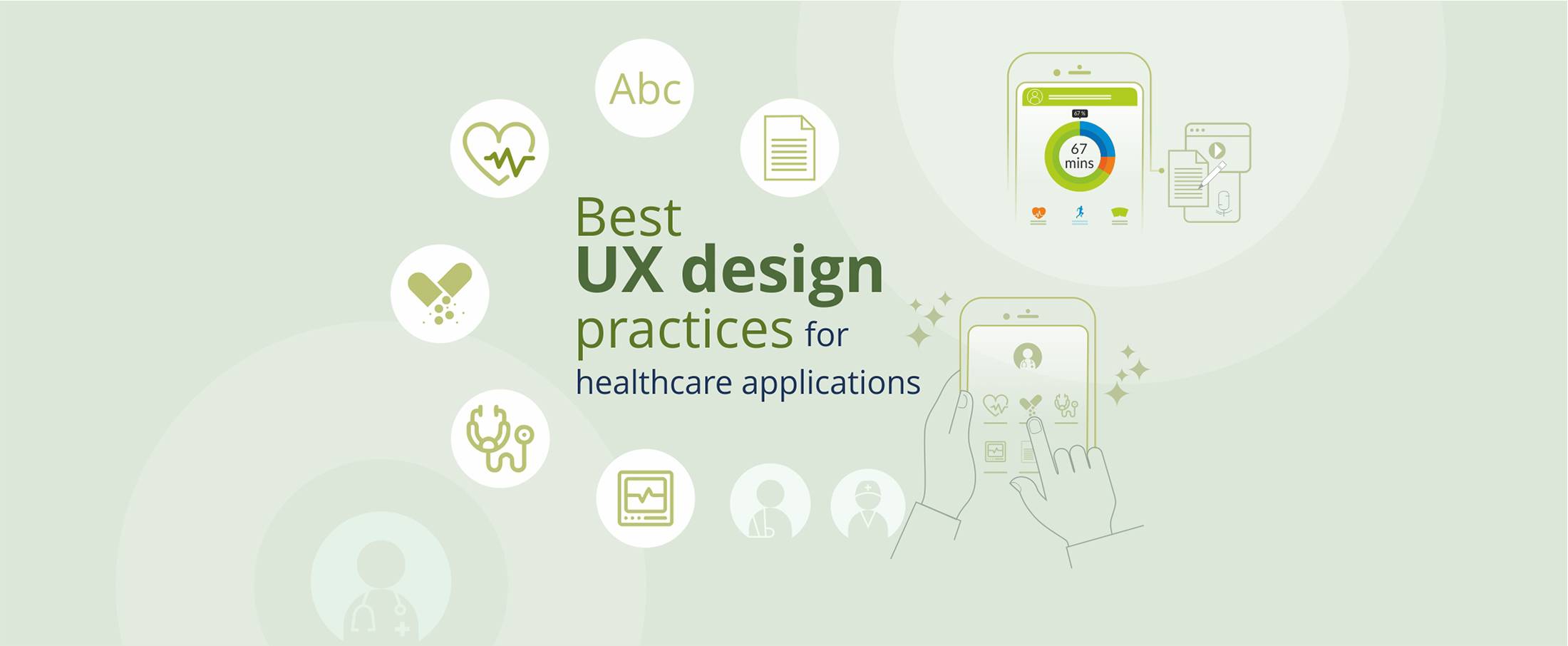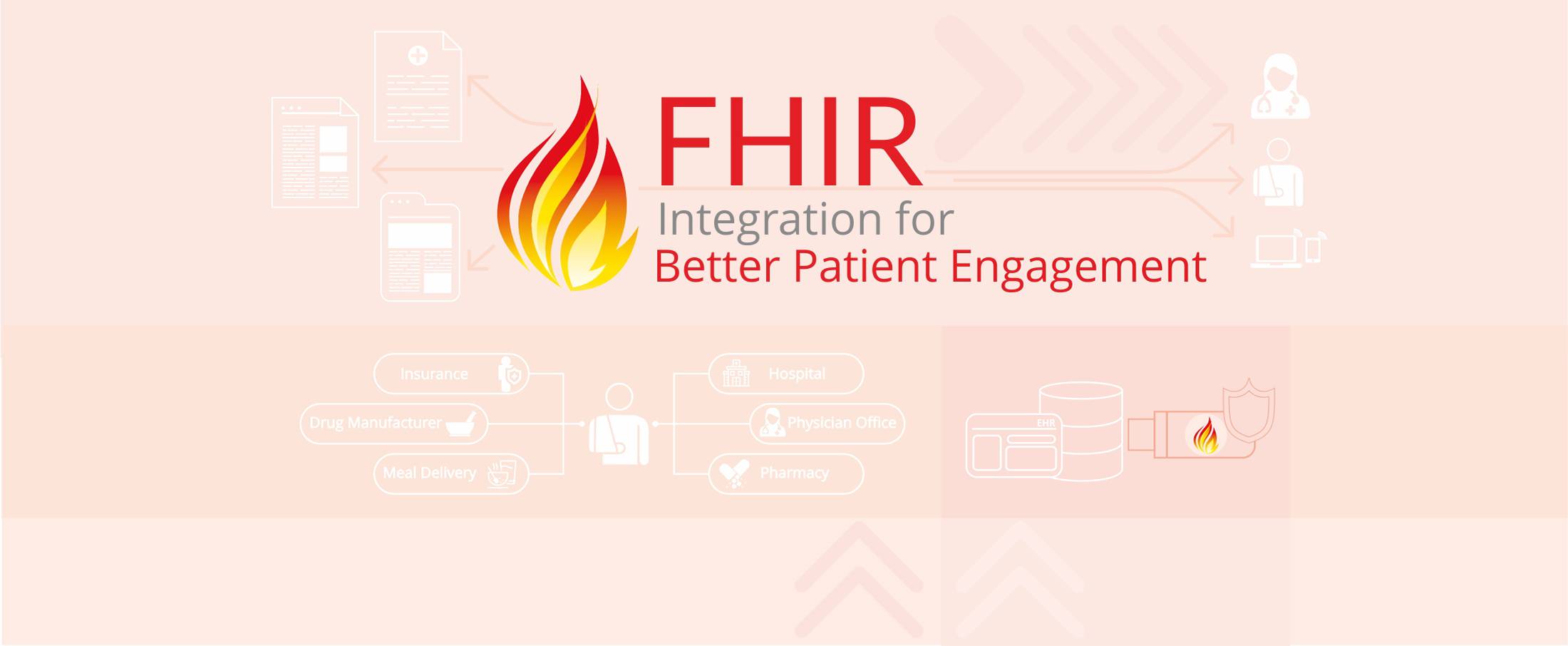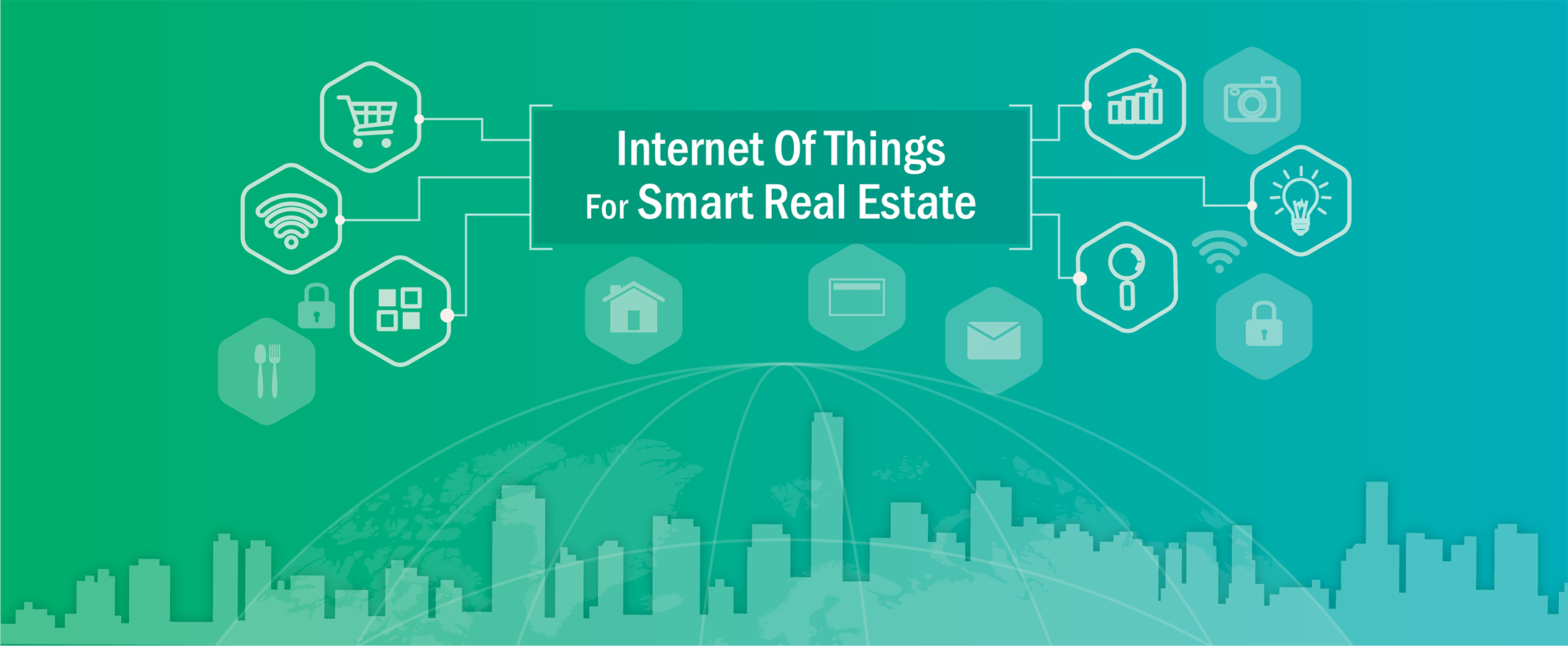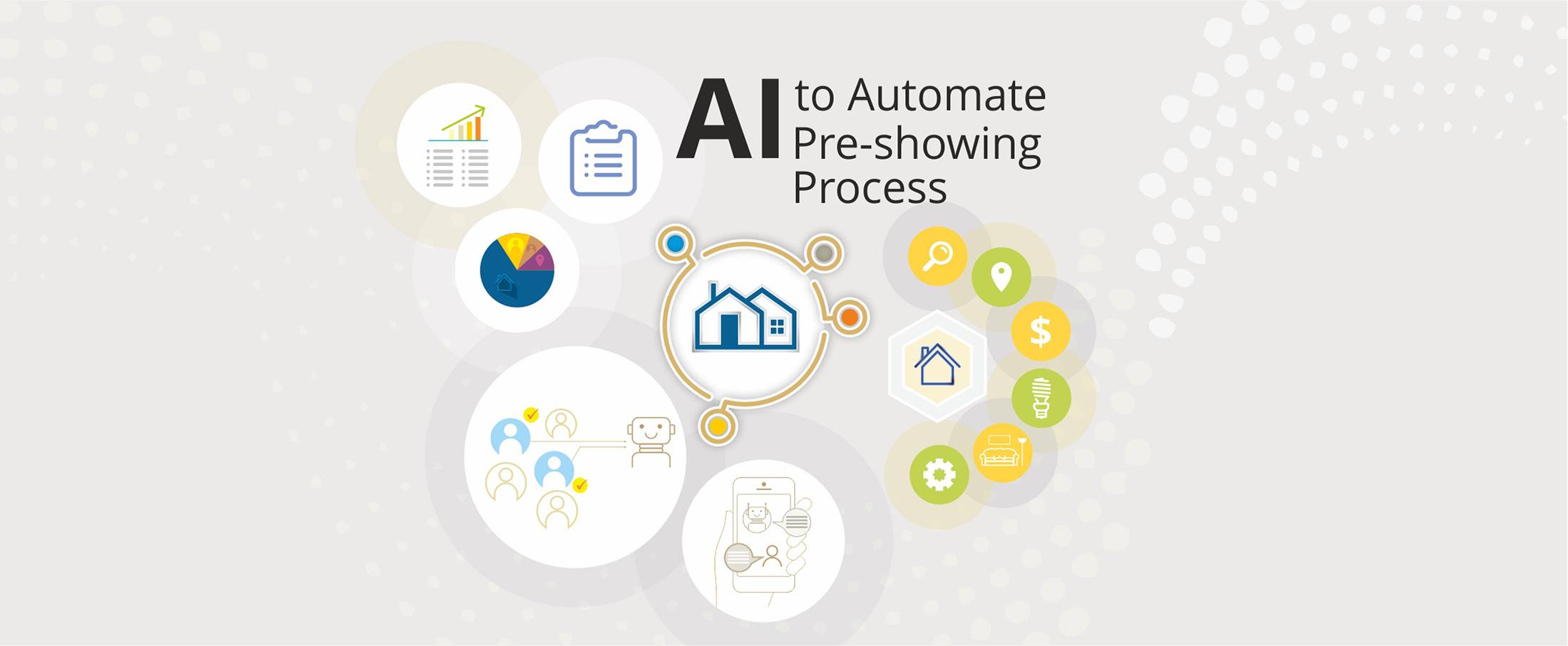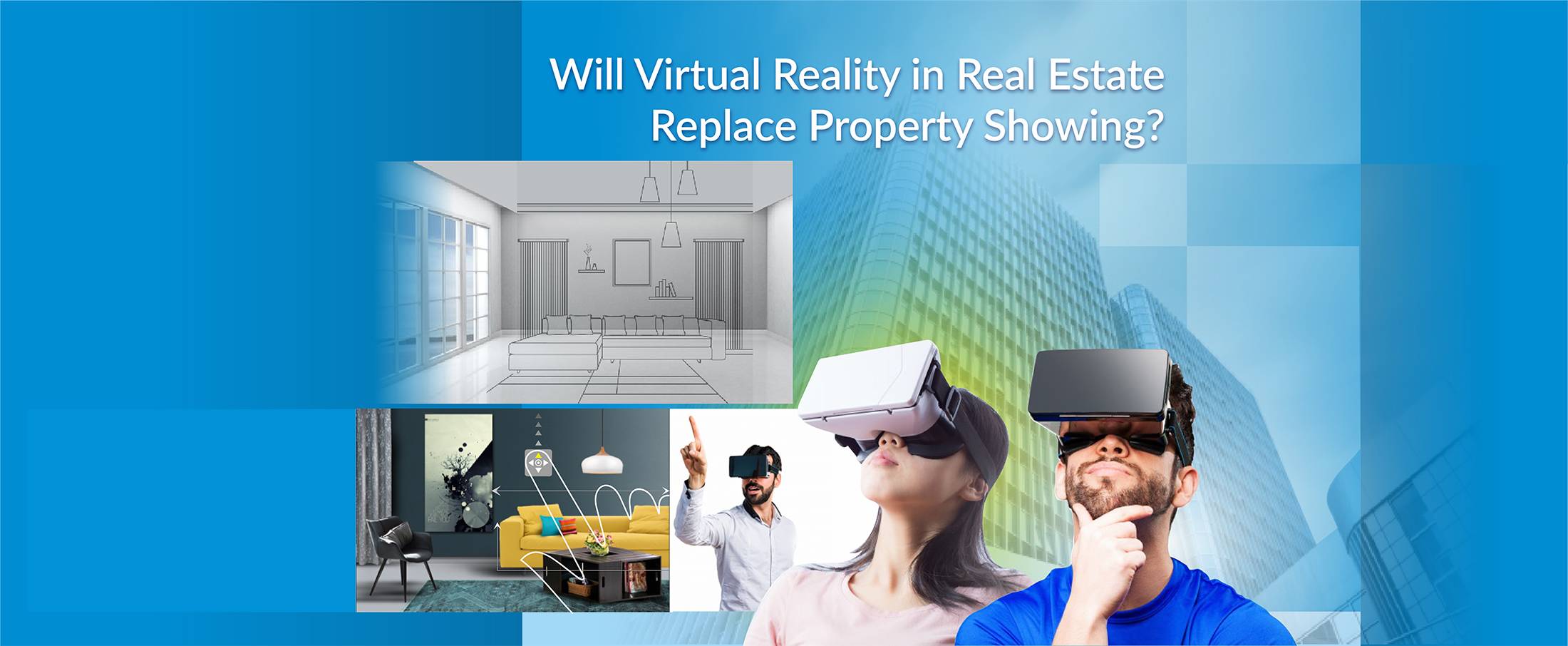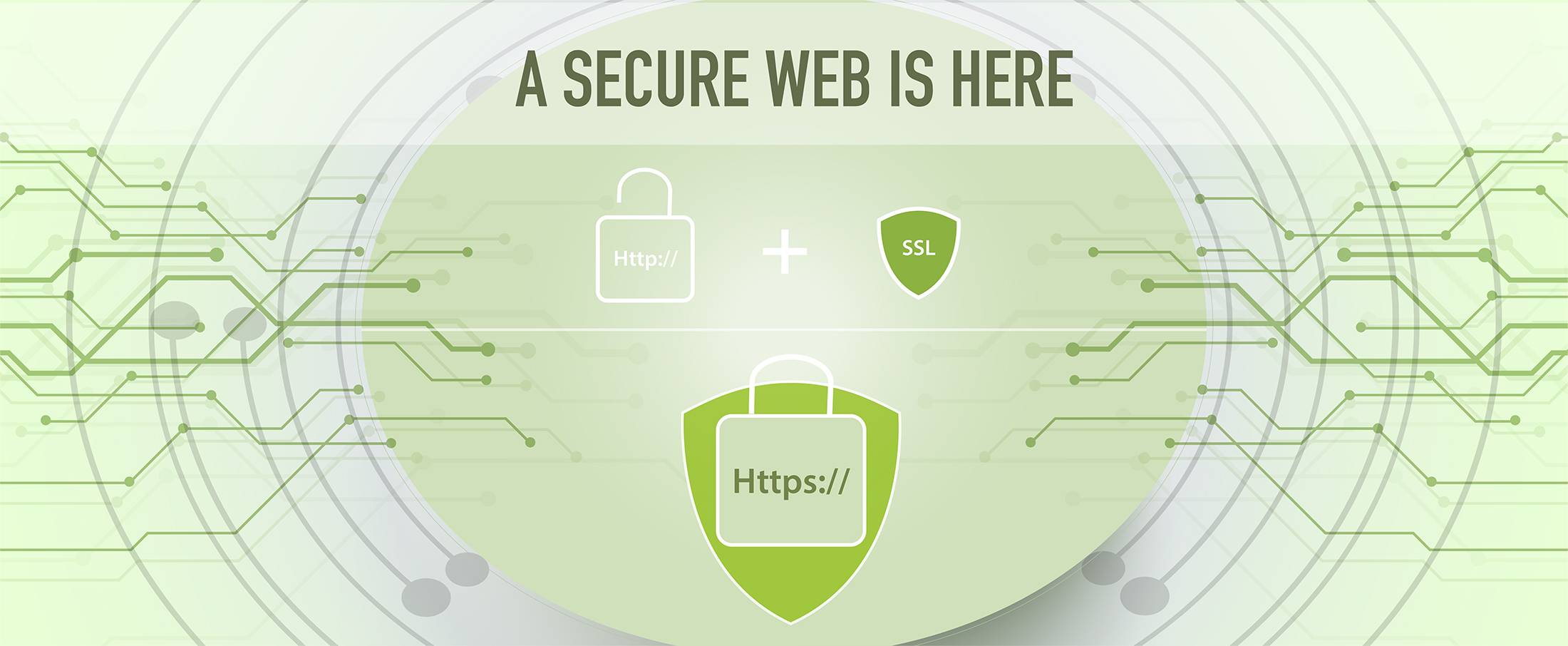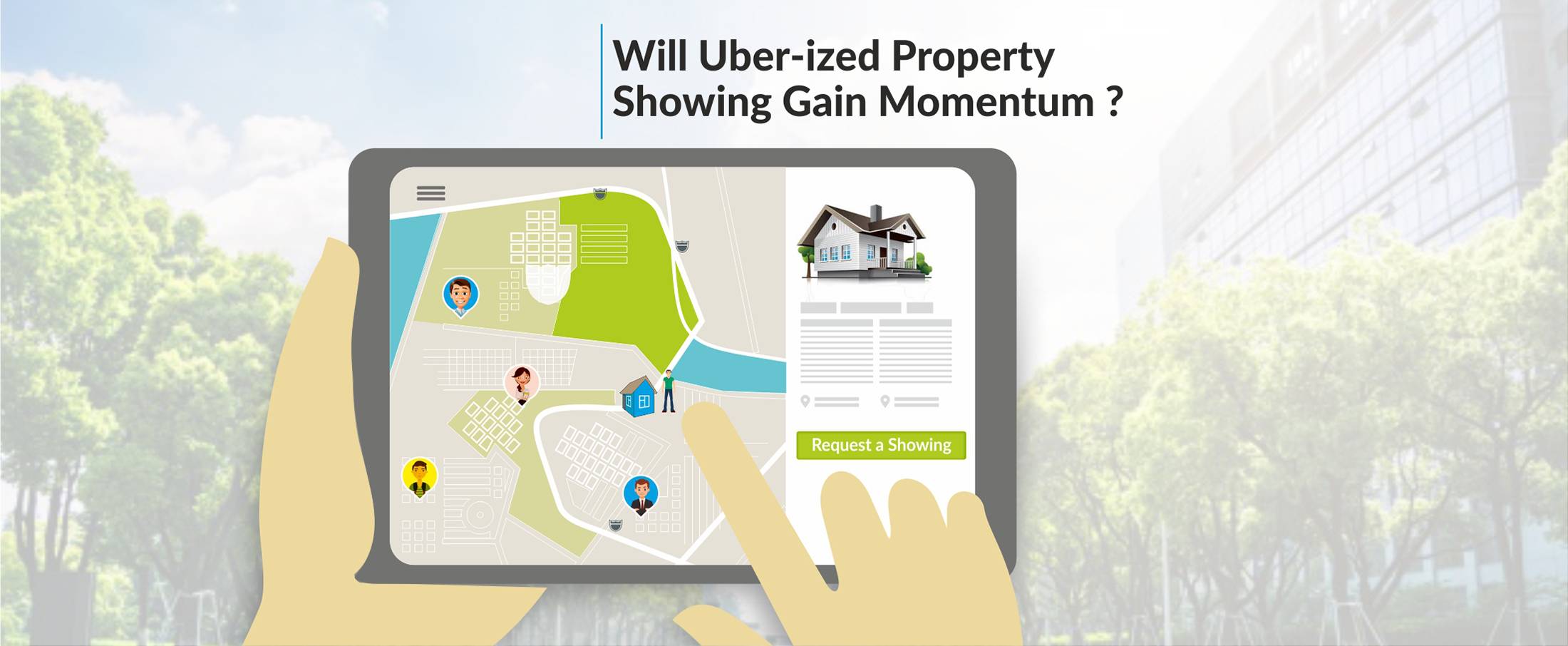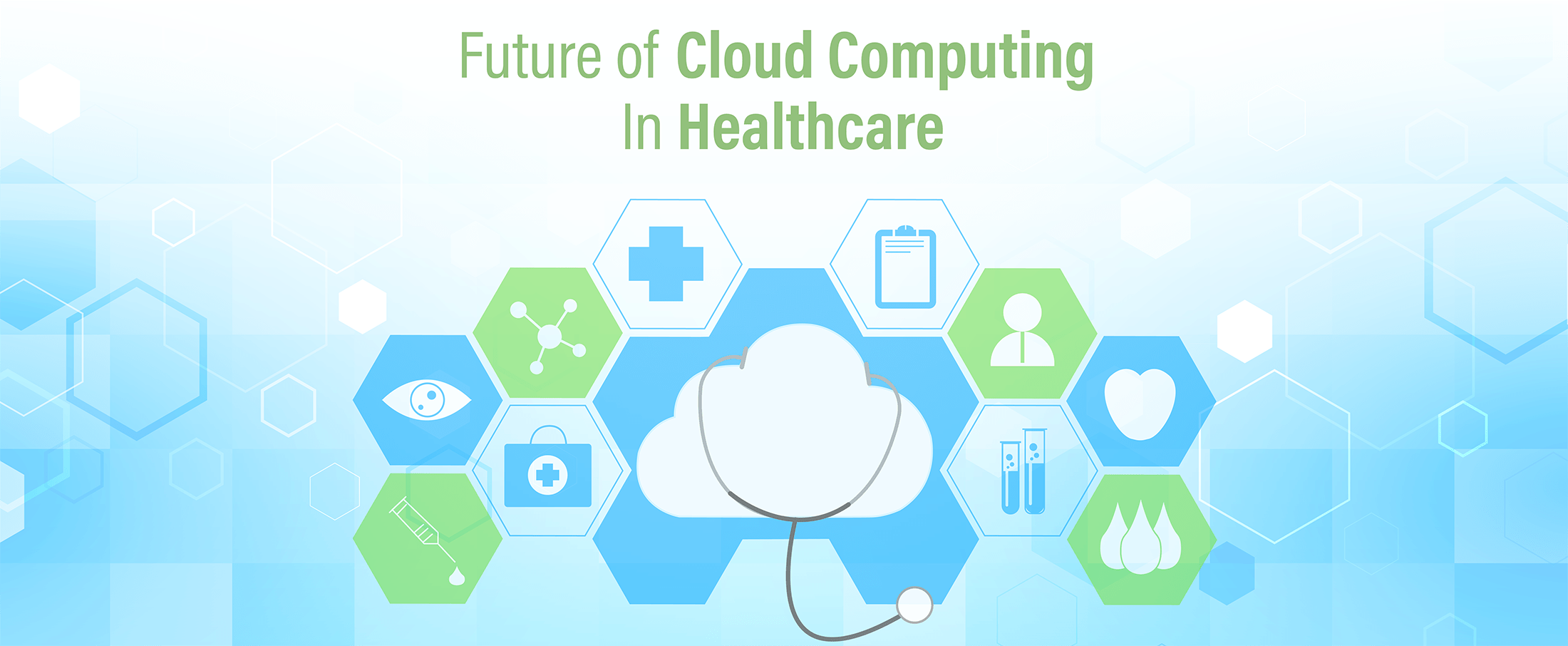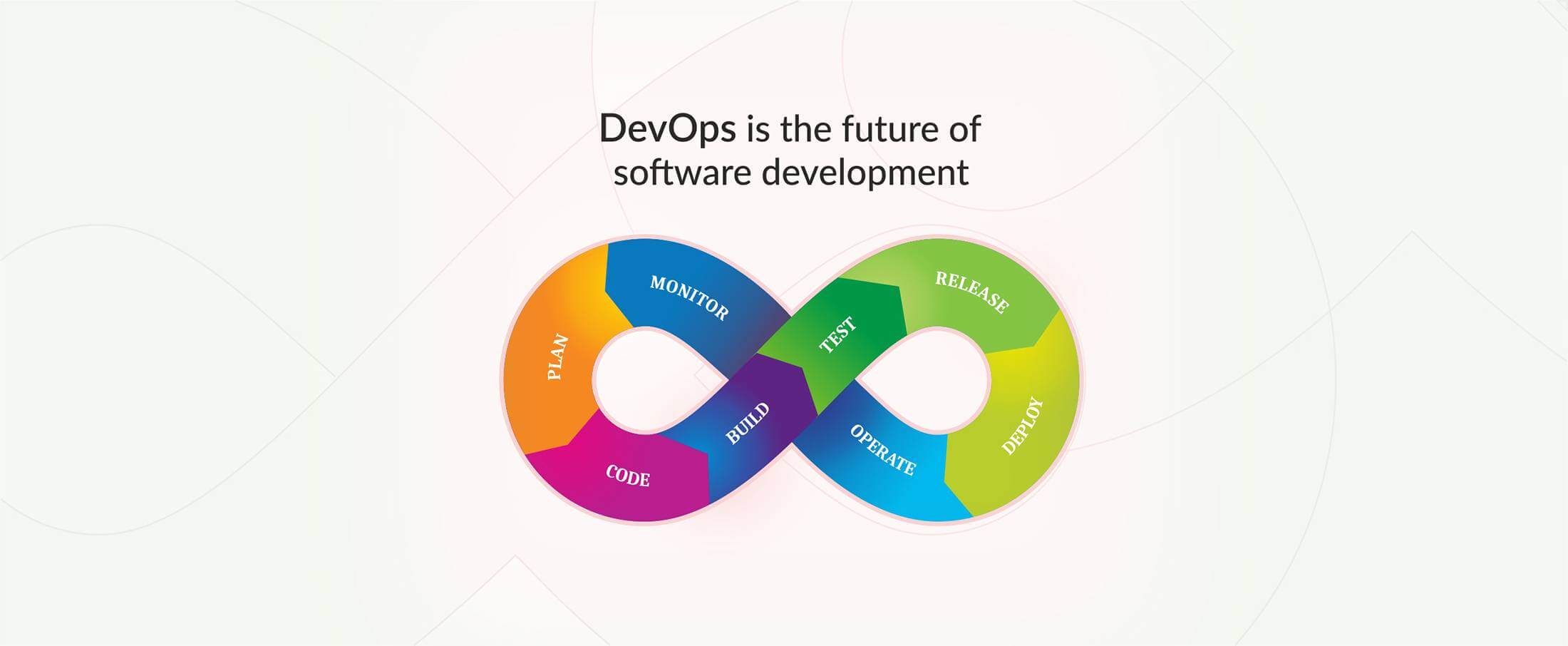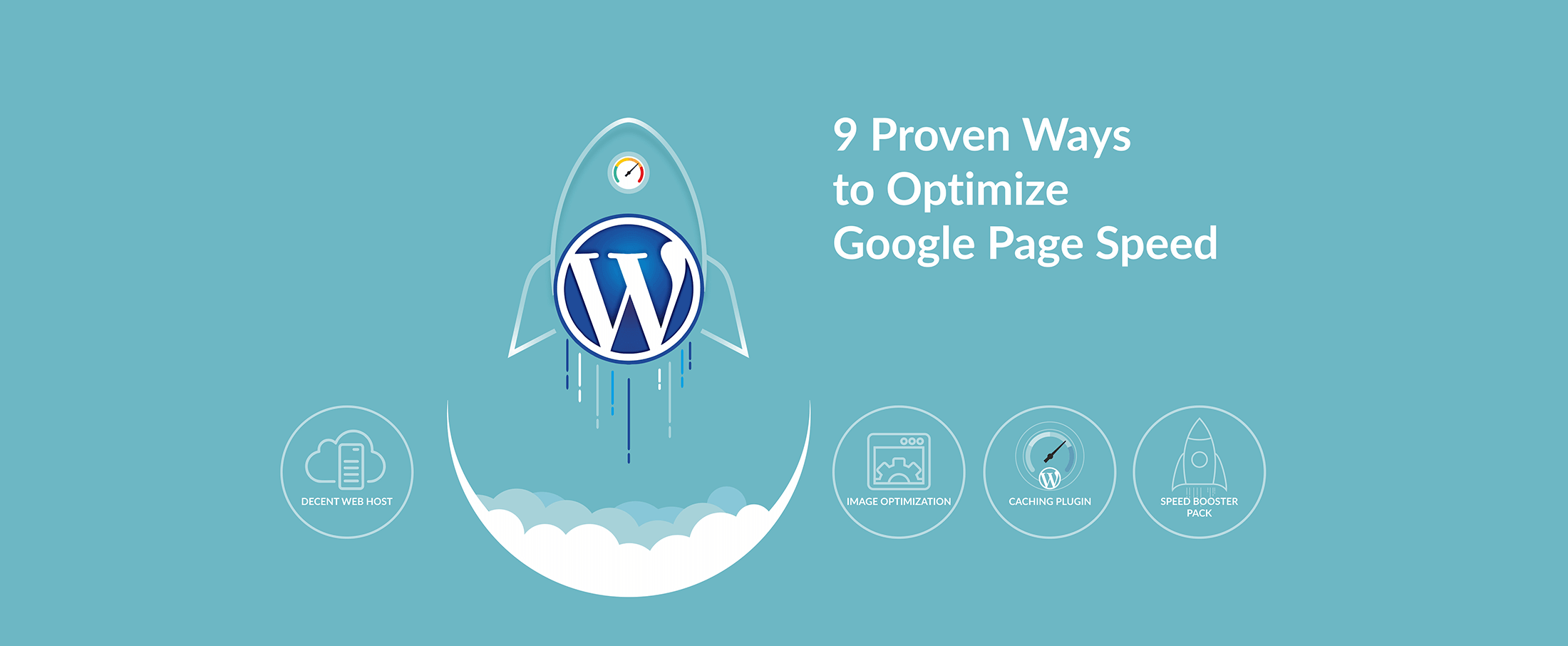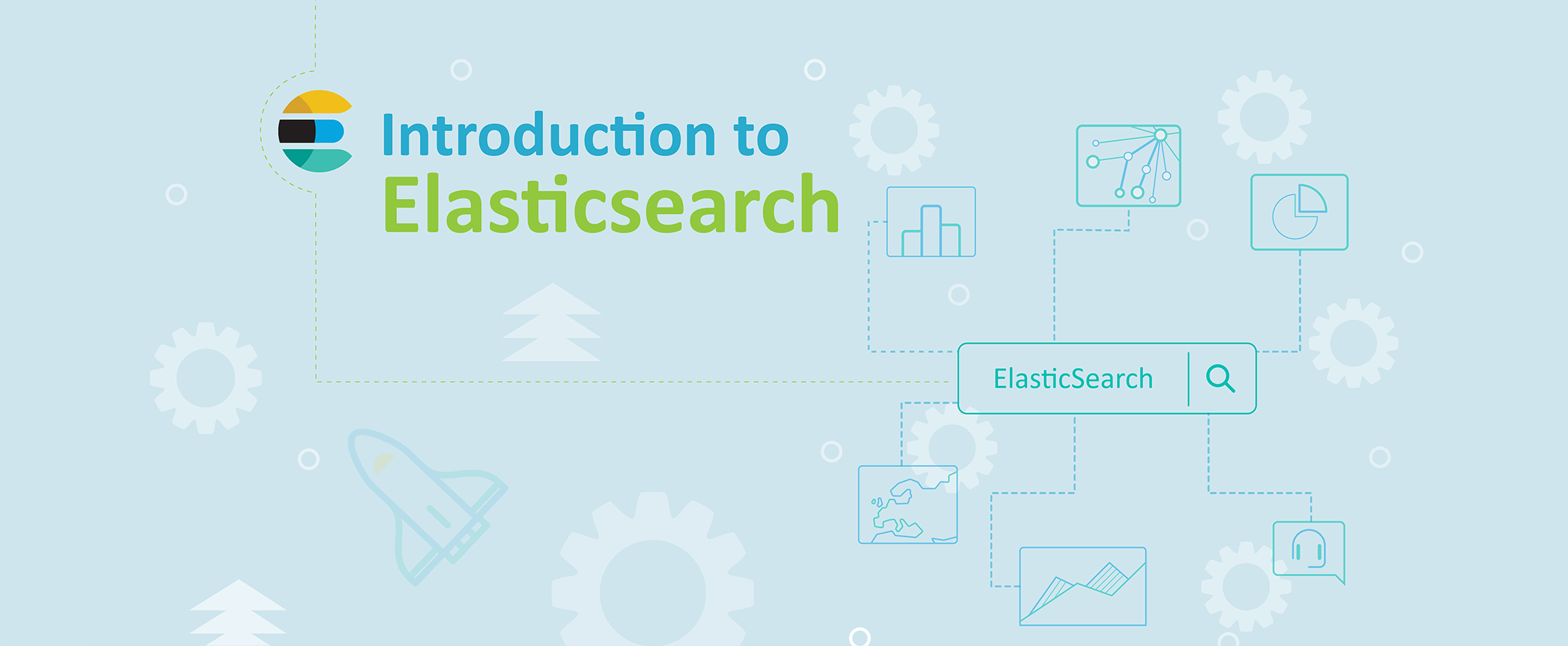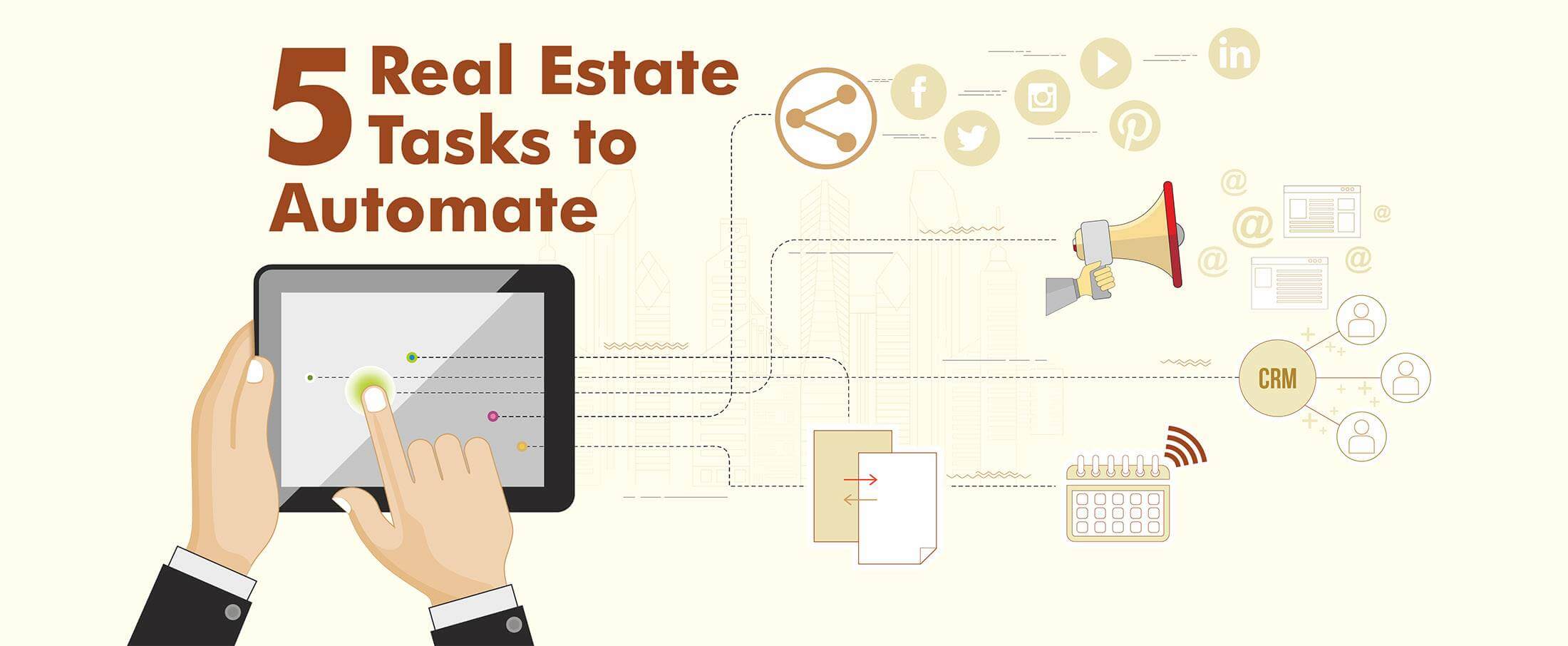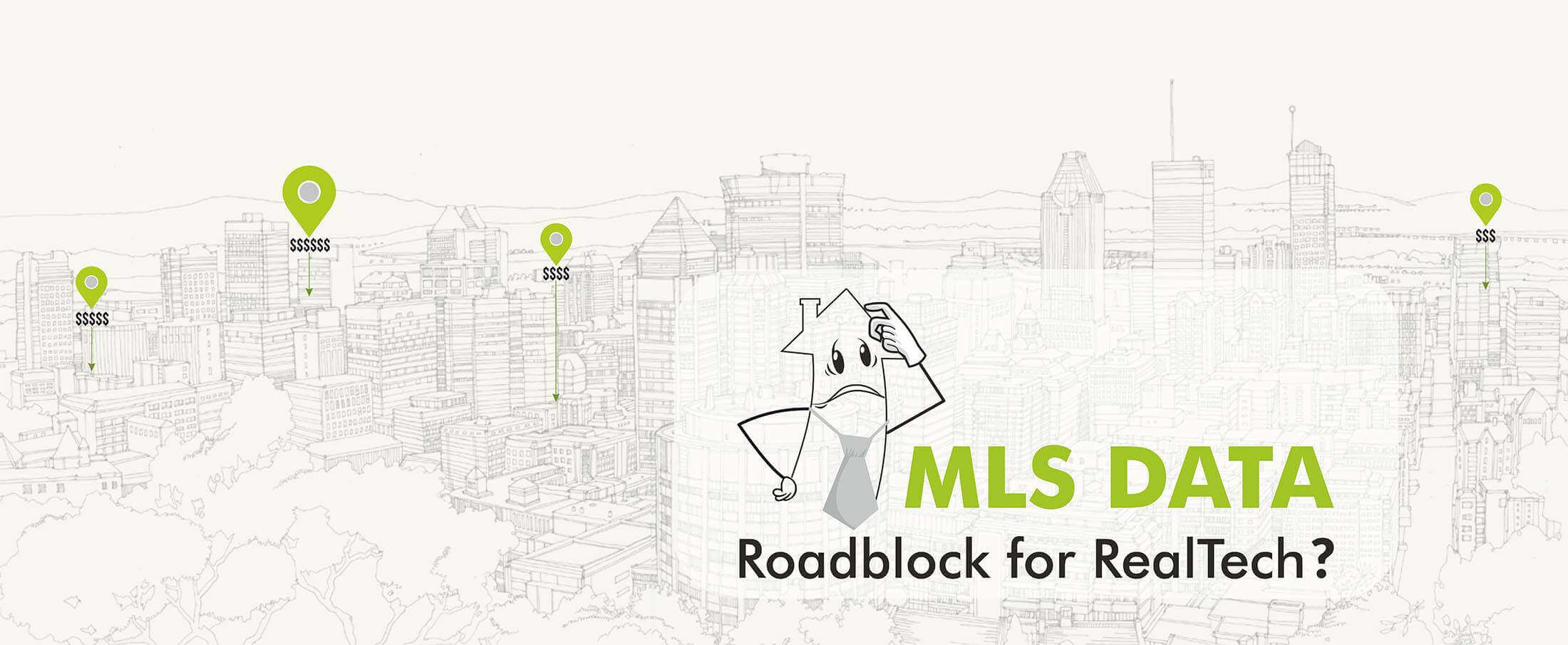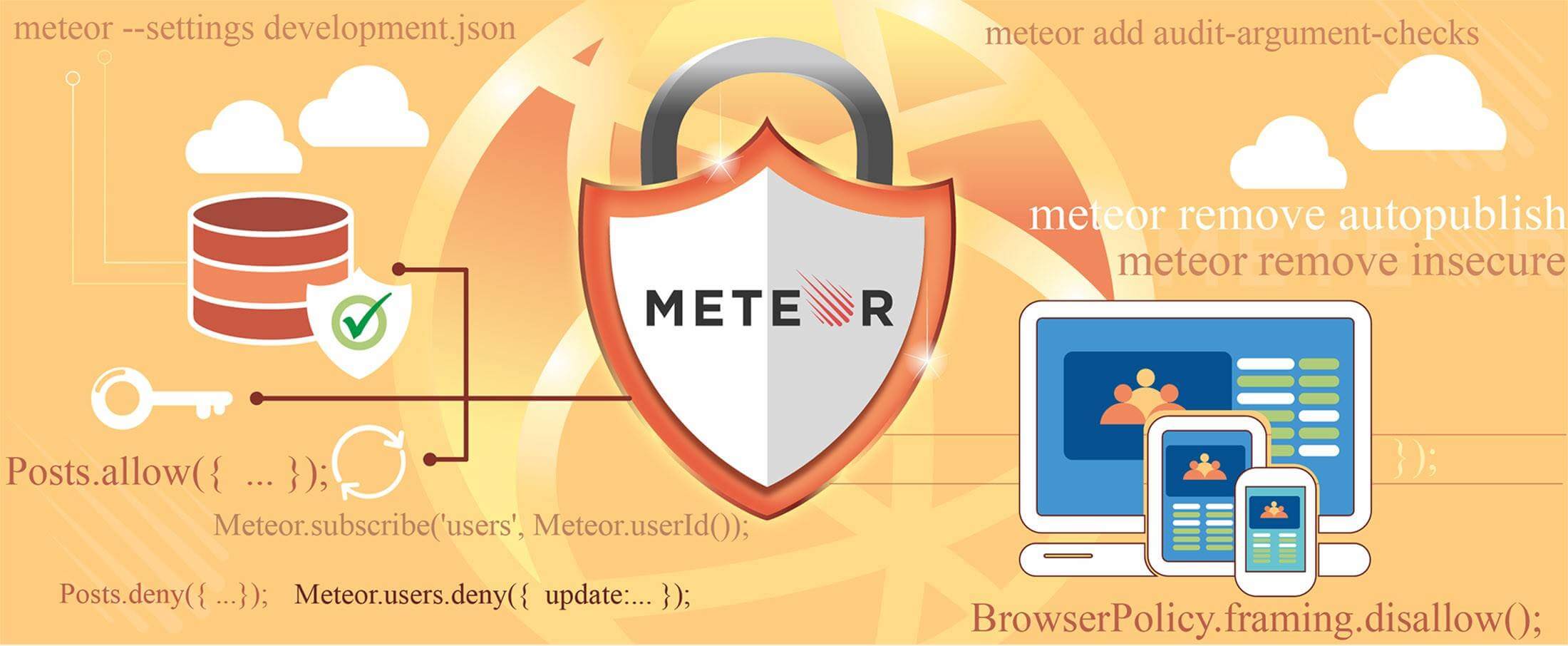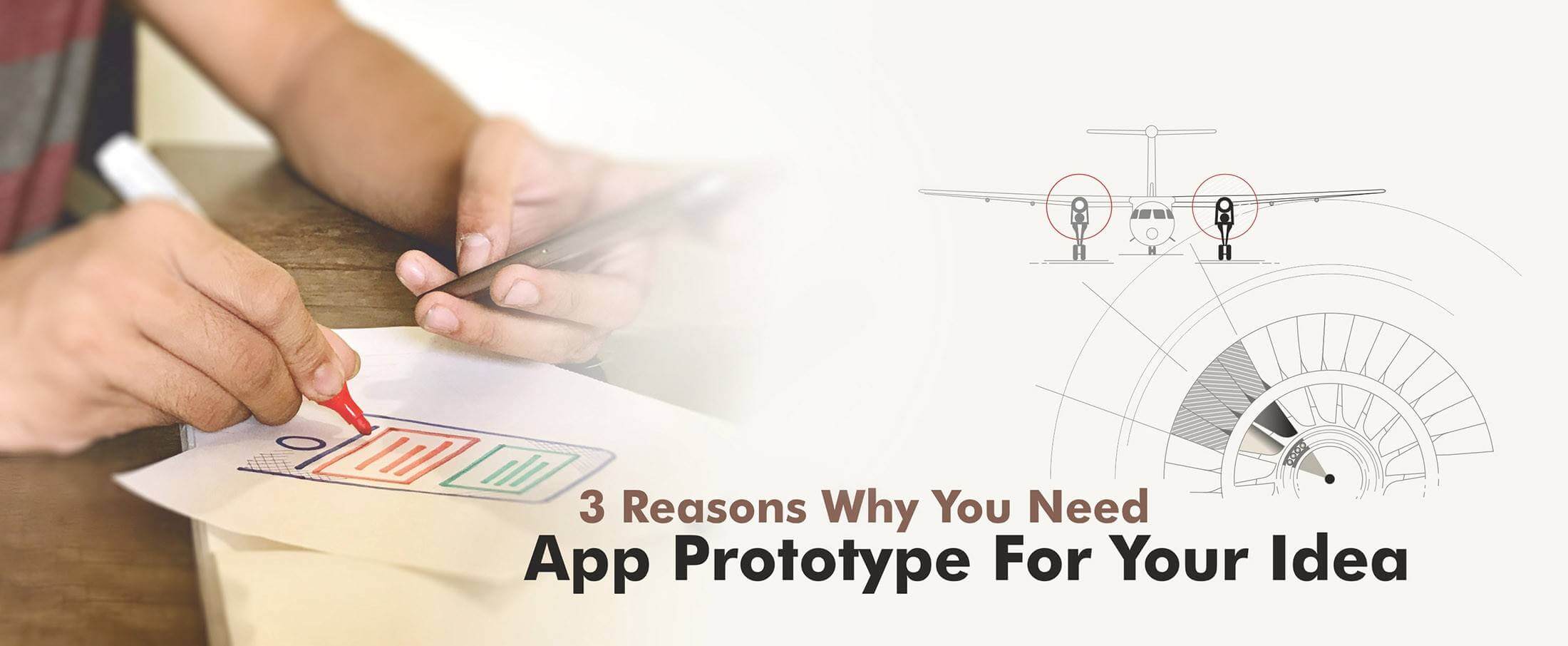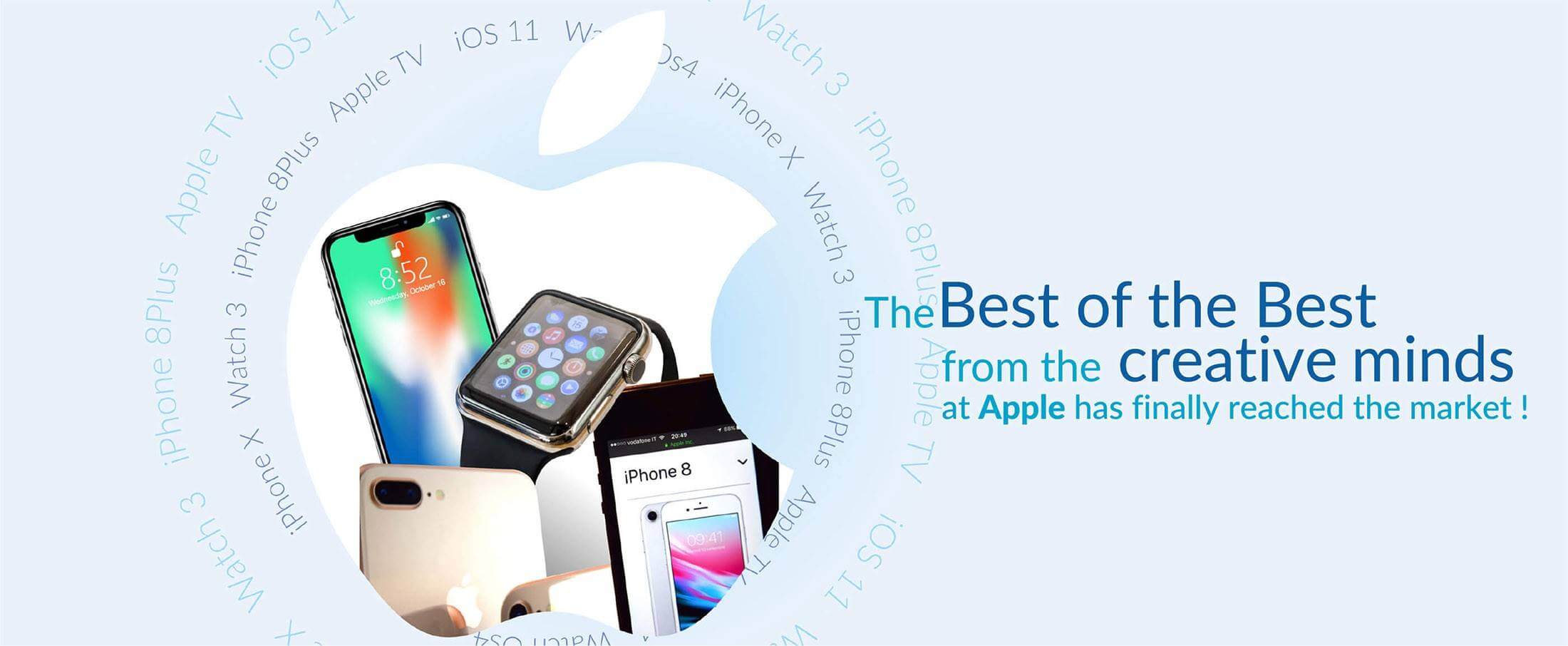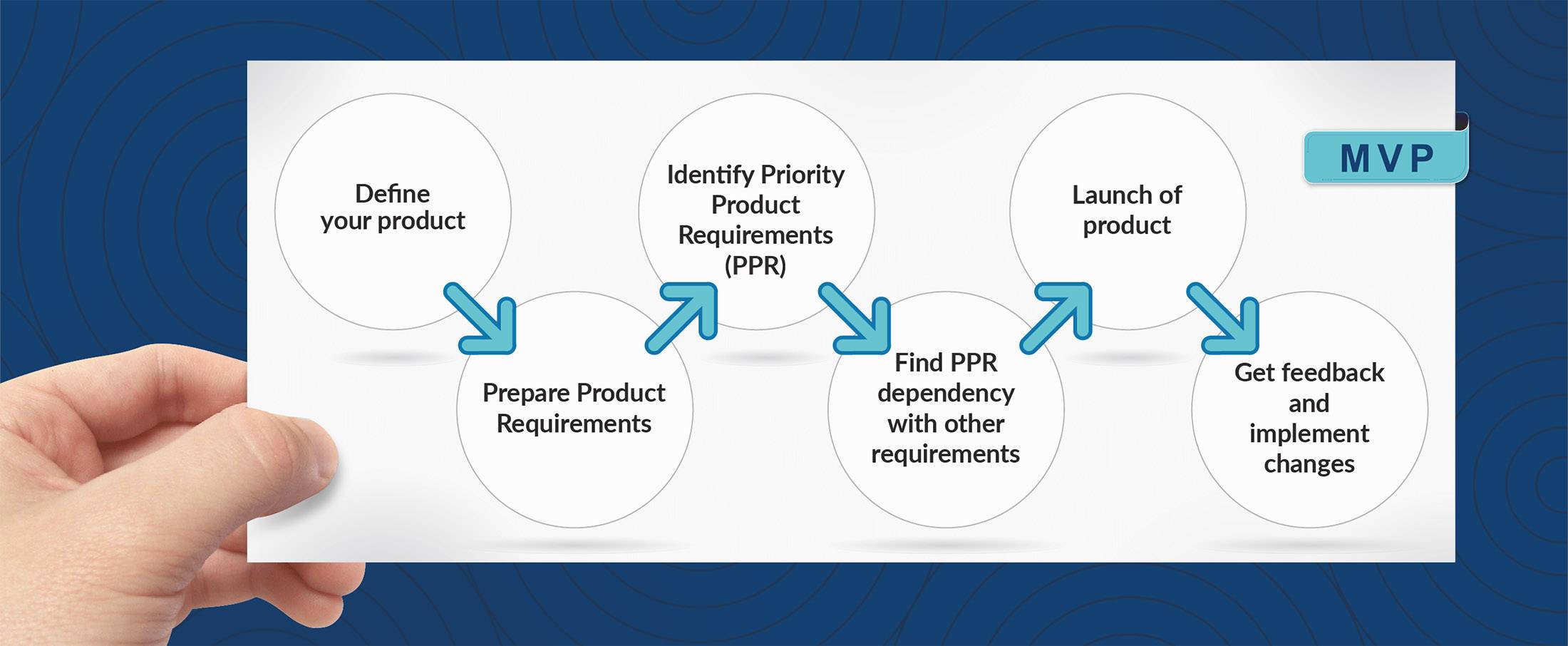5 Real Estate Tech Predictions for 2018
5 Real Estate Tech Trend Predictions for 2018
The real estate market has seen a lot of technological developments in the past. 2017 has been an interesting year, with many innovative trends, like smart homes and IoT for instance, taking center stage. They created a good amount of buzz in the market, and has piqued a lot of interest in how 2018 is set to look for real estate tech. In this article, we are taking 5 of the most popular real estate technology innovations and predicting what 2018 looks like for these.
Trend 1: Automation

What it is - The process of automating tasks that otherwise need human intervention.
We’re all thinking and hoping it, and it looks like 2018 may finally be the year that home automation and ‘smart homes’ take center stage. Last year saw a sudden boost in its popularity, with concepts like light automation, voice control, and even innovative technology in home security, like motion sensors and video cameras.
What 2018 will bring ... More affordable smart homes
This year is touted to make smart homes more affordable and wide-reaching, encouraging more and more people to go for it.
Agents and brokers must consider this, and try to integrate as much technology as is required in a home. They should gauge the neighbourhood, type of homes, requirements of buyers, and such factors to arrive at a decision about the best gadgets to for a home. This will aid in quicker selling of homes and greater buyer satisfaction.
On-demand Real Estate
Ever wonder what it means by ‘Uberizing’ the real estate buying process? That’s on-demand real estate for you. Customers wanting to look at properties in a particular era can put out real time queries on a mobile application, notifying an agent in the nearest geographical area. He/she will then meet the customer at the desired location and show them the properties. This will be made possible in near-immediate time periods, like 15-20 minutes.
Trend 1: Automation

What it is - A 3D simulation of an environment that users can experience with the help of wearable technology.
Virtual Reality is a big step towards development in real estate technology. It is still in a relatively nascent stage, but just imagine the prospects and possibilities for a second!
What 2018 will bring ... Virtual open house visits
A prospective buyer would like to picture their house with their own furniture or an idea of how to decorate it. This isn’t easy to do in a staged, pre-furnished, or empty apartment. If given an option to visualise a space through virtual or augmented reality, using wearable technology, it would enhance the overall experience for the buyer as well as the seller. It would offer a unique way of experiencing the process.
There’s an app for it too ...
roOomy is a virtual reality company that allows people to decorate a space as they would like to. It offers more than 100,000 virtual furniture and decor options to customers, who can upload a picture of a room and decorate it as they want. This company is currently working with Google Tango for creating wearable technology for an enhanced VR experience. This has made the home buying or decorating experience more realistic, and so popular so fast.
Trend 3: Blockchain
What it is - A storage of constantly growing data in the form of blocks secured by cryptography.
Blockchain is most commonly associated with the bitcoin. But it does have applications in real estate tech as well.
What 2018 will bring ...

MLS Integration
It is difficult to gain a common ground across various Multiple Listing Services owing to its individualistic tendency. Blockchain technology will allow for various MLSs to integrate onto a common platform, whilst easing the process of uploading, managing, removing property listings data for agents and brokers, as well as making the same easily accessible to prospective buyers.
Financial Transactions
Another major area in real estate tech that will be positively affected by blockchain technology is financial transaction data. Investing in real estate is a big thing, and can turn out to be a gamble given the instances of fraud. To ensure whether someone is who they say they are, financial data can be made available, securely, to all the parties involved in the process. This allows for easier verification of credibility and trustworthiness before making the transaction official.
The concept used here is that since blockchain uses cryptography, the records of every person are linked by a unique identity. This ensures safety of the records as well as easy access during transactions. This move will be a step towards eliminating the chances of fraud in real estate.
Smart Contracts
Another related development in real estate will be the introduction of ‘smart contracts’ in actual transactions. These contracts will enable transactions without the intervention of third parties to facilitate them. A smart contract will be verified and legitimized automatically, enforcing it immediately without the need for agents, inspectors, or any other third parties. This will save a lot of time, resources, as well as minimize the possibility of human error by completely automating the process.
Trend 4: Artificial Intelligence

What it is - Technology that imitates human intelligence and psychology to perform various functions.
Ai has been in the news for a greater part of 2017, with innovations like game-playing robots, voice and speech recognition software, or technology used for marketing efforts.
What 2018 will bring ... Automating menial jobs
One of the greatest advantages that Ai will bring to real estate tech is eliminating menial and tedious jobs by automating the process. Ai tools can carry out work such as follow ups, data entries, confirmations, as well as paperwork to some extent. This will give real estate agents more scope to focus on bigger tasks at hand, such as successfully closing deals.
Social media marketing, generating leads, behaviour analysis
Social media is a powerful marketing tool. Ai can be used for behavioural targeting on social media networks. Ai tools can analyze the behaviour of visitors to an agent’s website. For instance, if someone has visited the website and looked at a lot of studio apartments, or independent bungalows, the agent can then target these people through means such as message marketing on social media. The AI software can even be used to find out which of these people are most likely to respond to such form of communication.
Chatbots
Chatbots will also foray into the real estate tech sector, acting as the initial channel of communication between agents and prospective buyers. Automating this phase can be revolutionary to lead generation, customer engagement and customer service.
Trend 5: IoT

What it is - Physical devices embedded with sensors, electronics, software, etc. so that they can connect with each other and share data.
There is a huge technological advancement in the real estate space, which has allowed for entry of machines and devices that work on collecting data and using it to make the tenant’s life more comfortable. The Internet of Things is no more just a fancy word, but is actually a reality that is set to get its due in 2018.
What 2018 will bring ...
Some examples of IoT are lights switching on or off every time someone enters/exits a room; getting automatically disconnected/reconnected to a saved WiFi network when the person enters the zone; room temperature mechanism collecting data to form a behavioural pattern of the tenant, and automatically turning on to the desired temperature when the person is scheduled to enter the room; there are so many examples. IoT doesn’t just make life easier for tenants because of automation, but is also a great way to conserve energy.
Mobile applications
We all use so many mobile apps for performing daily functions. This trend will gradually trickle into real estate tech, with smart mobile apps that will automate daily workflow and assist in activities. For instance, a smart assistant for scheduling tasks, integrating calendars, offering reminders for appointments/meetings/open houses, and the like. This will greatly reduce the time and resources spent in writing these chores down because of the Smart and Intuitive IoT technology.
Consumers are also looking for smarter, more automated homes that make life simpler by saving time and efforts. Perhaps 2018 is to be the year for IoT!
Conclusion
It seems like real estate technology is set to see some very exciting changes in 2018. From smarter homes to better collated records and virtual interior decoration, it seems like the homebuying process is set to become easier for buyers and agents alike. It looks like the time has finally come to move over traditional practices, and embrace these new technologies and the boon that they bring to the real estate tech space.
- Artificial Intelligence
- Blockchain
- IoT
- Real Estate Tech
- Virtual Reality
Mobifilia
21 February 2018
